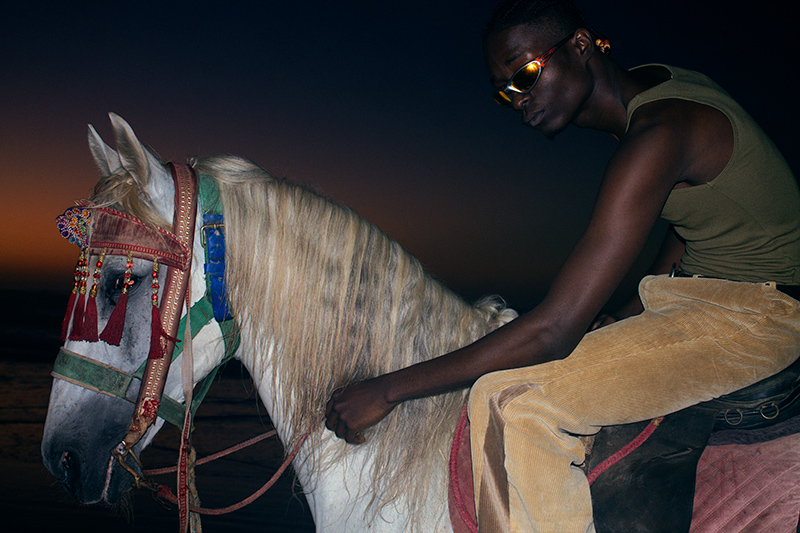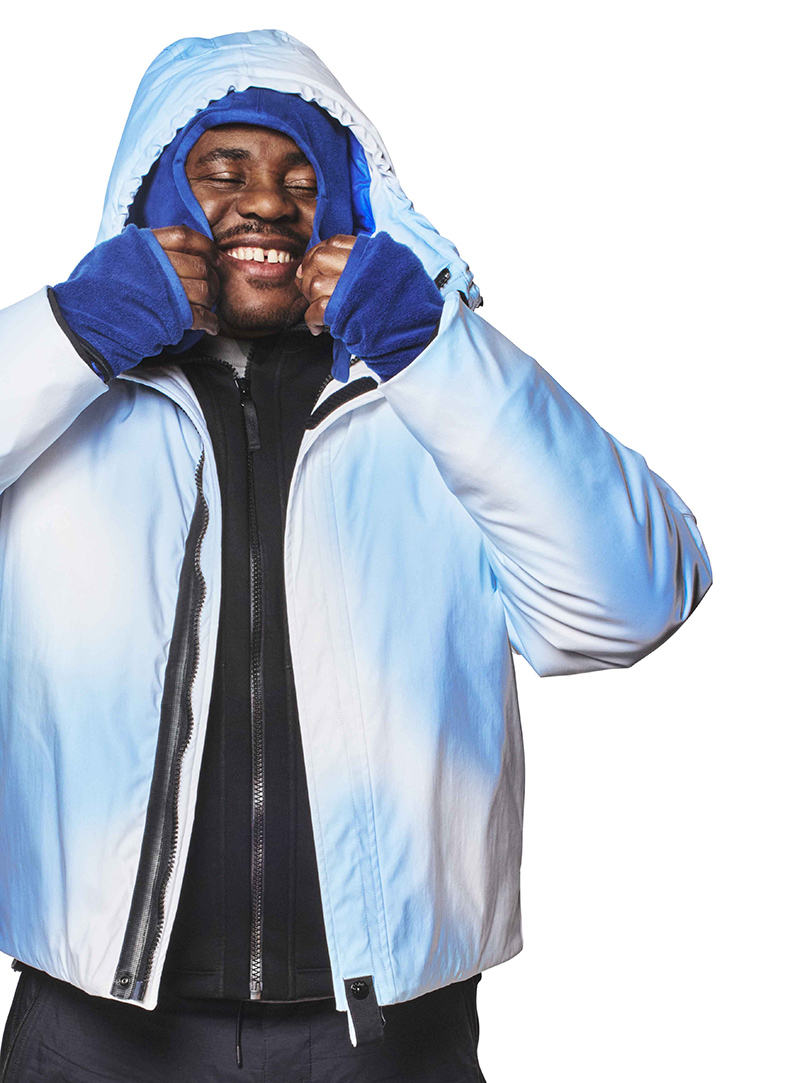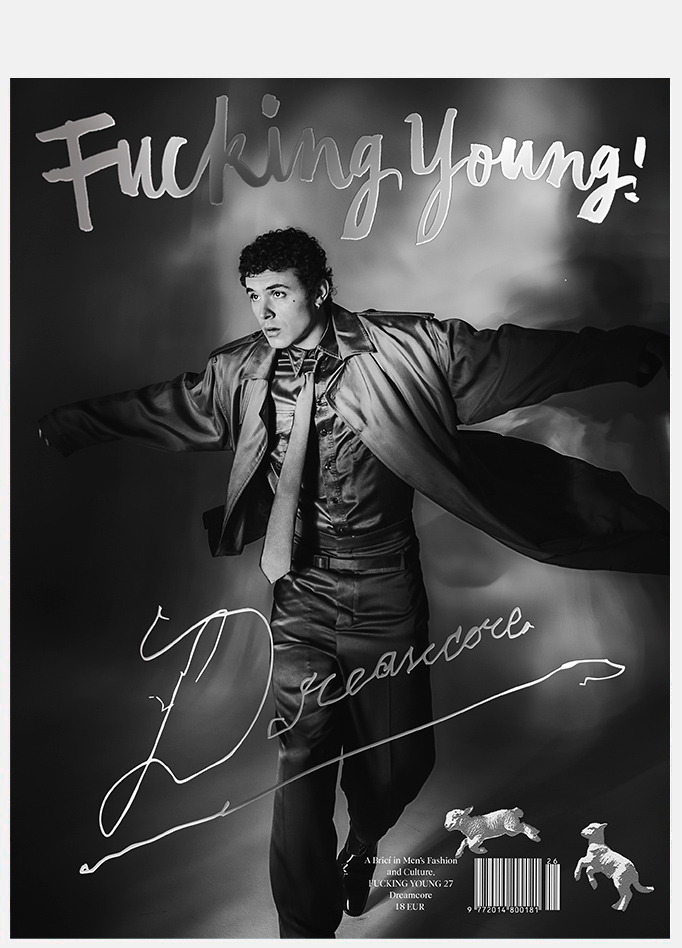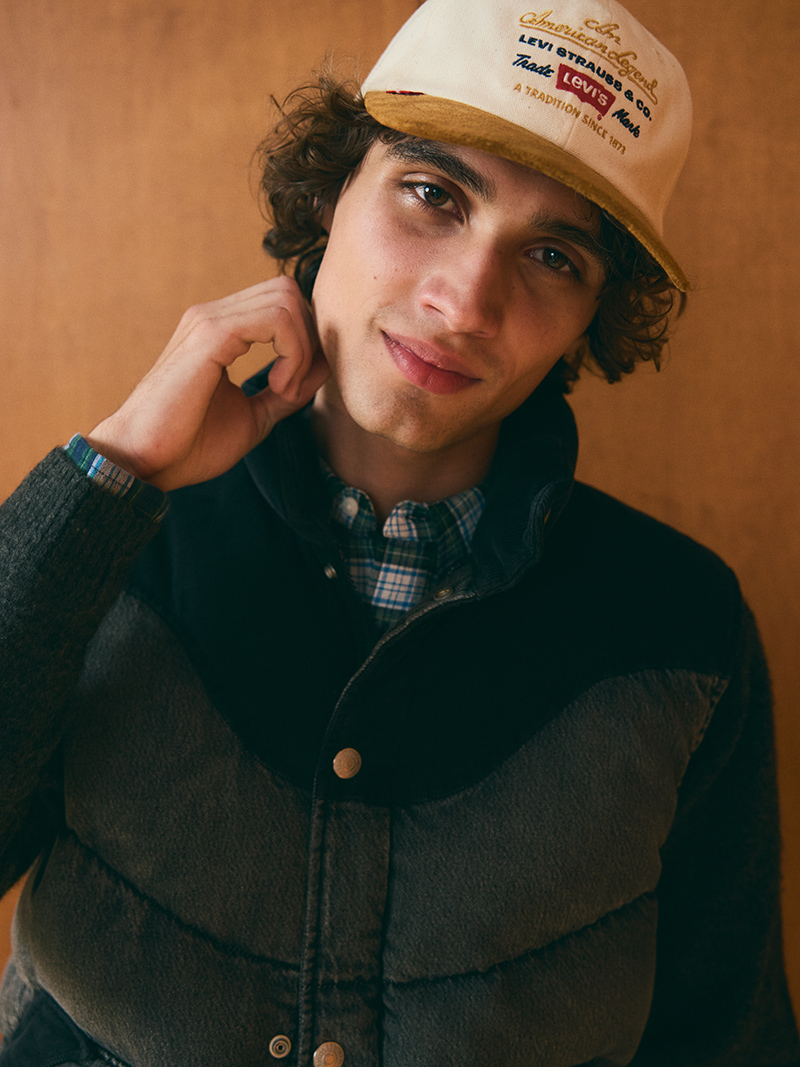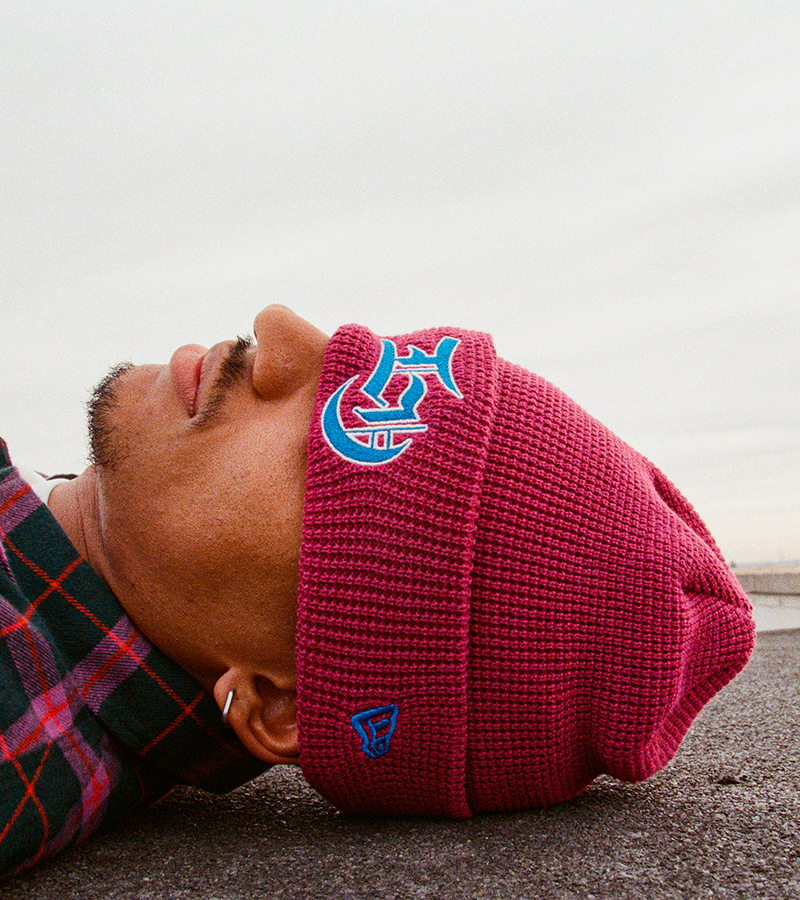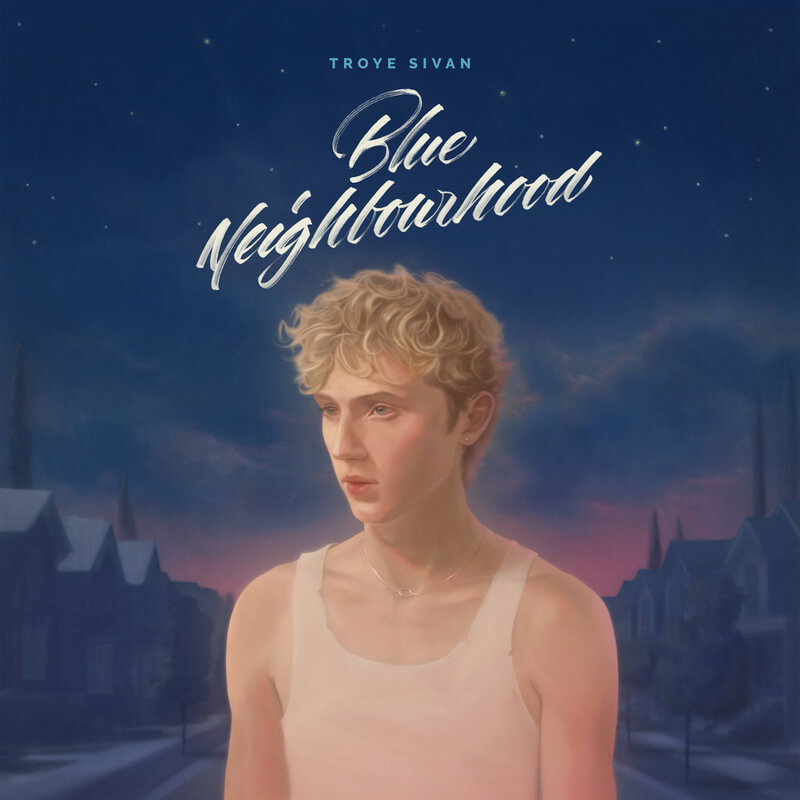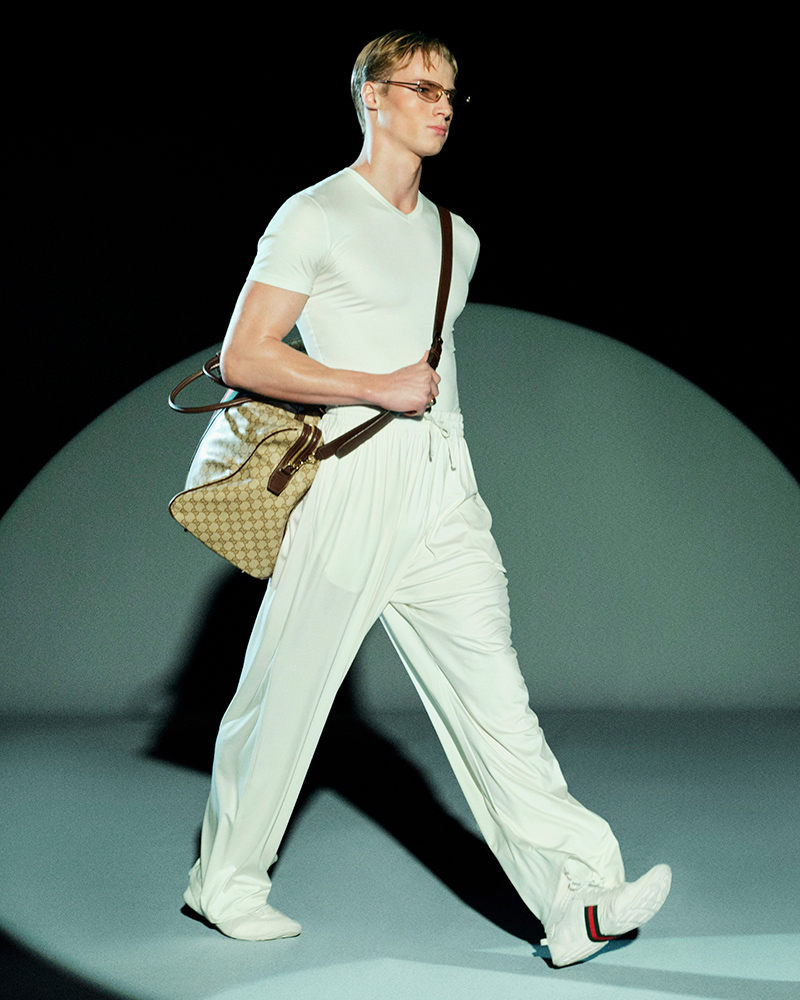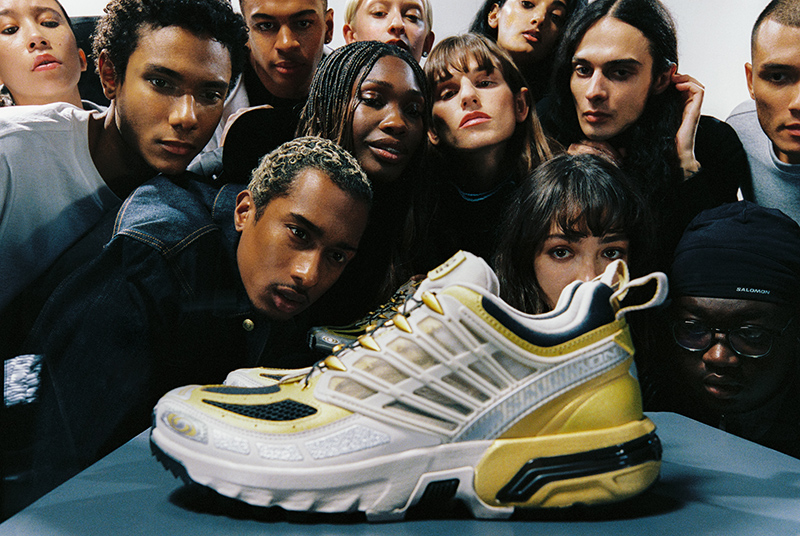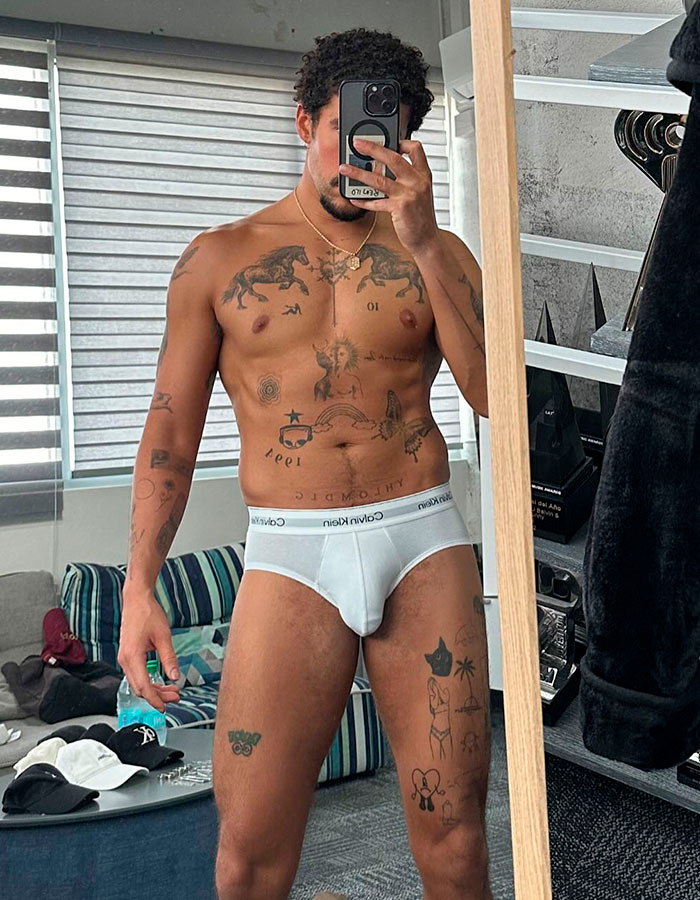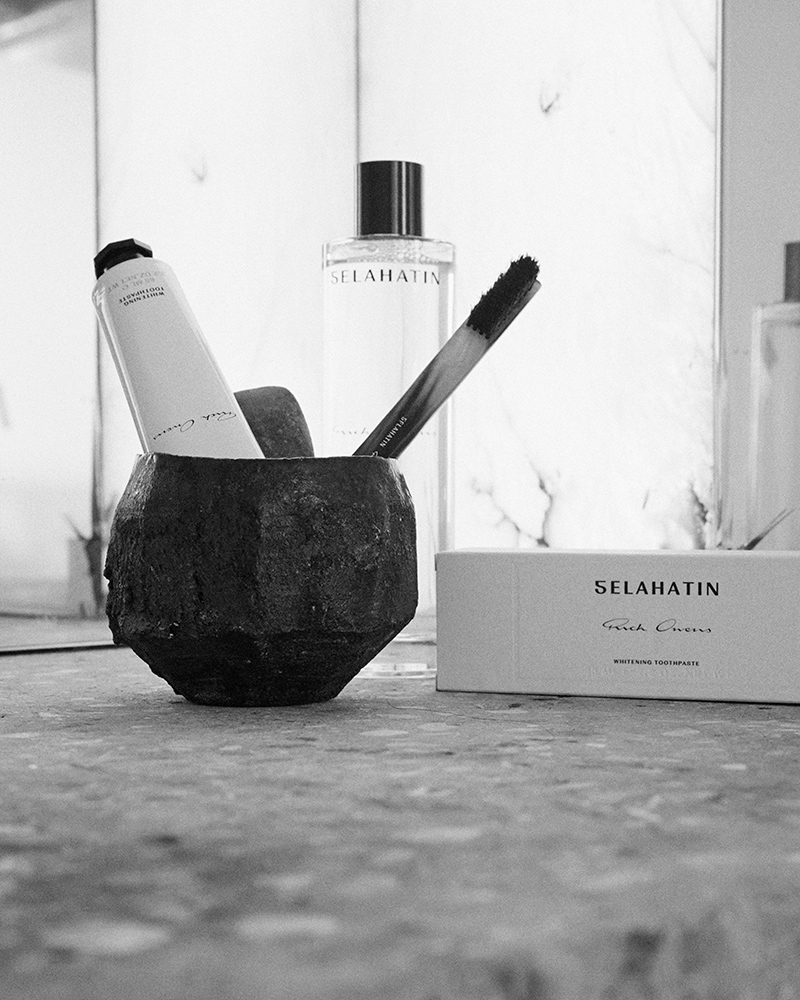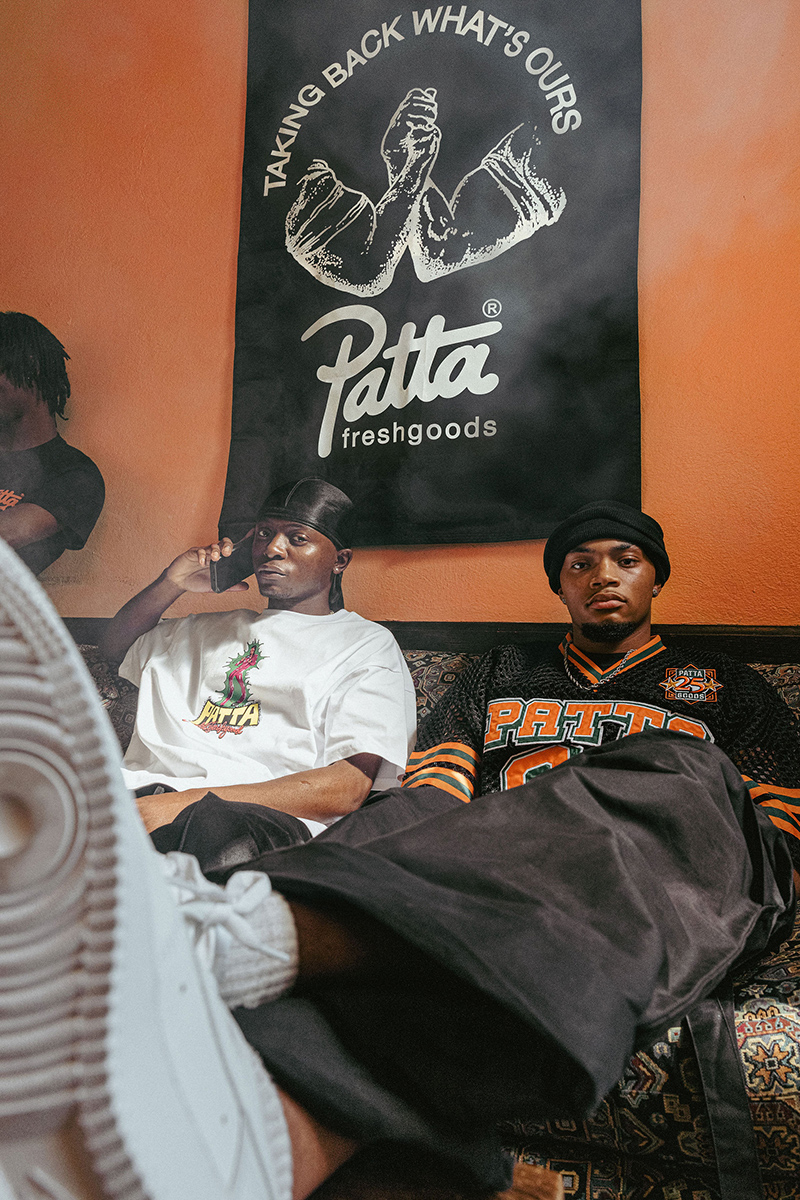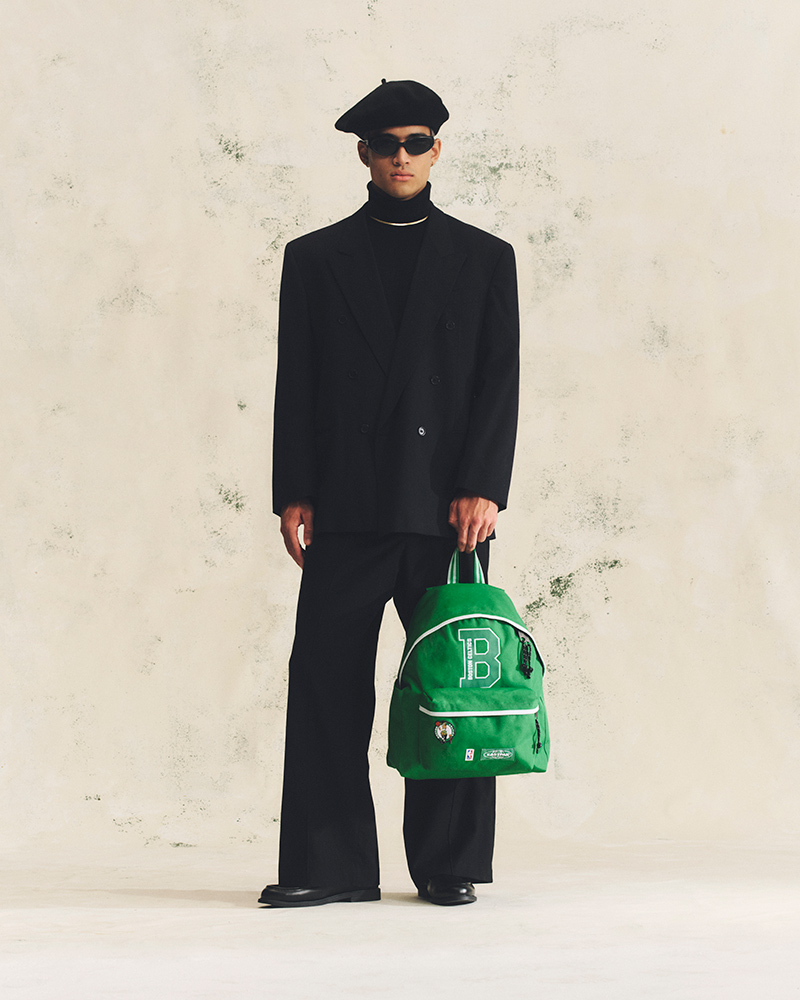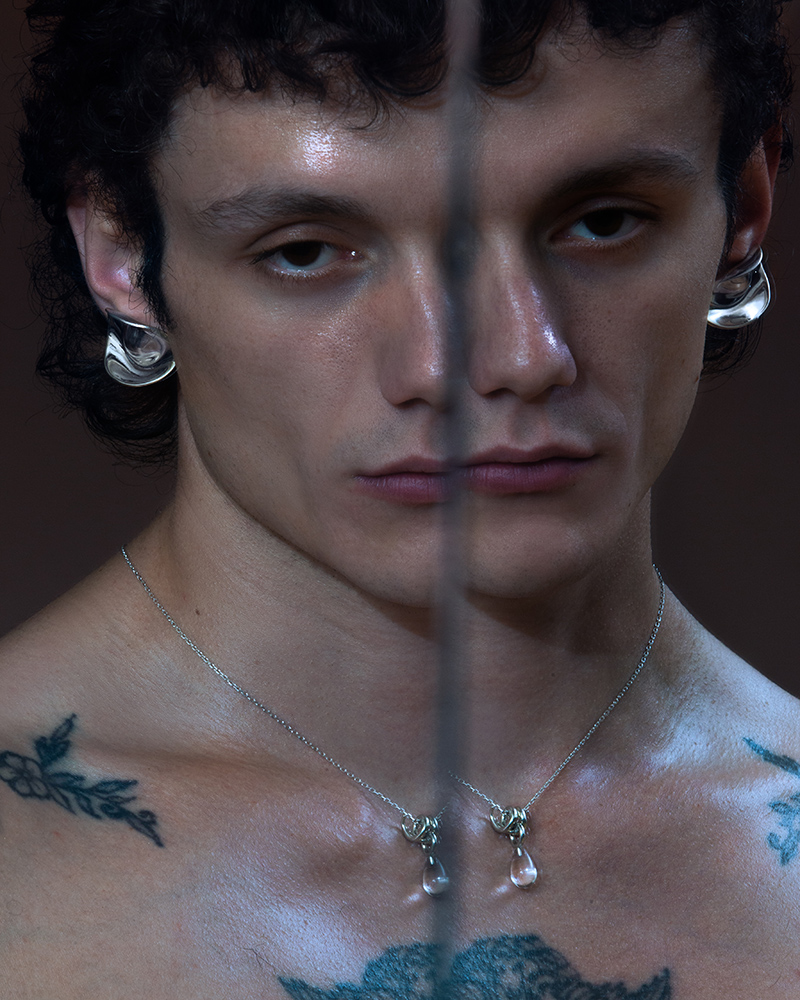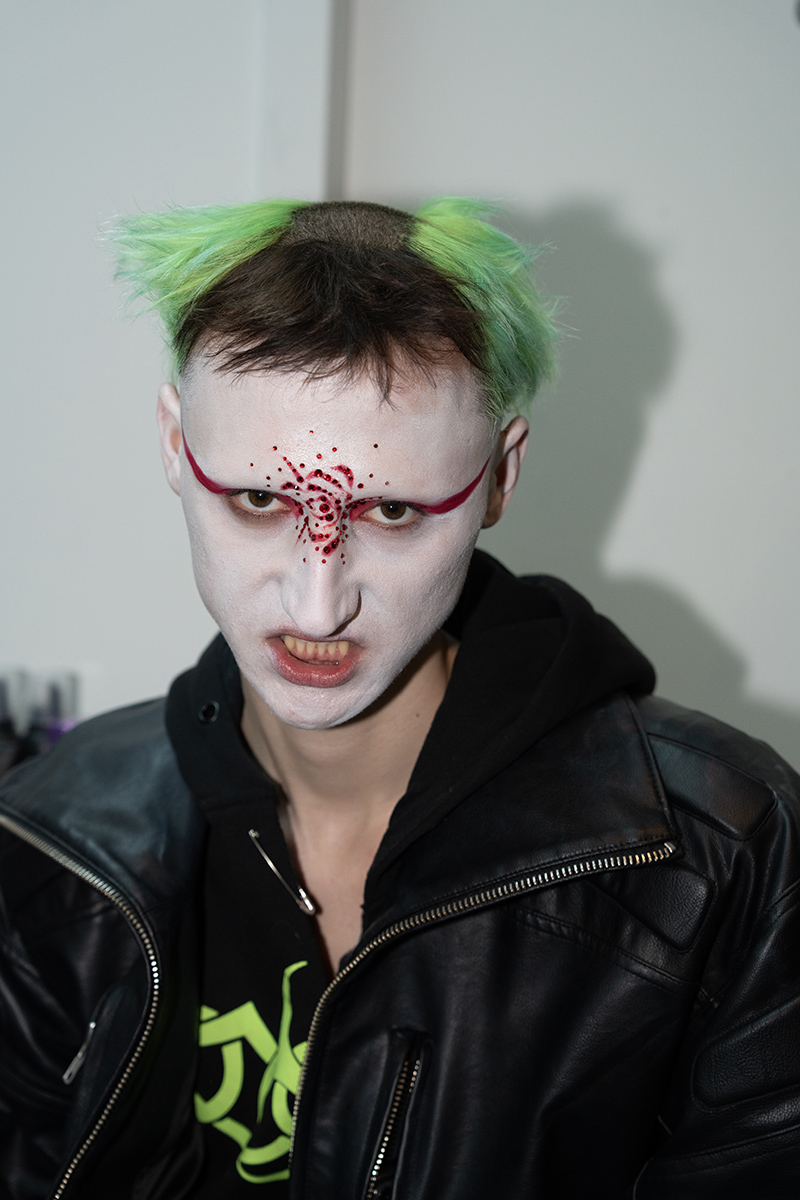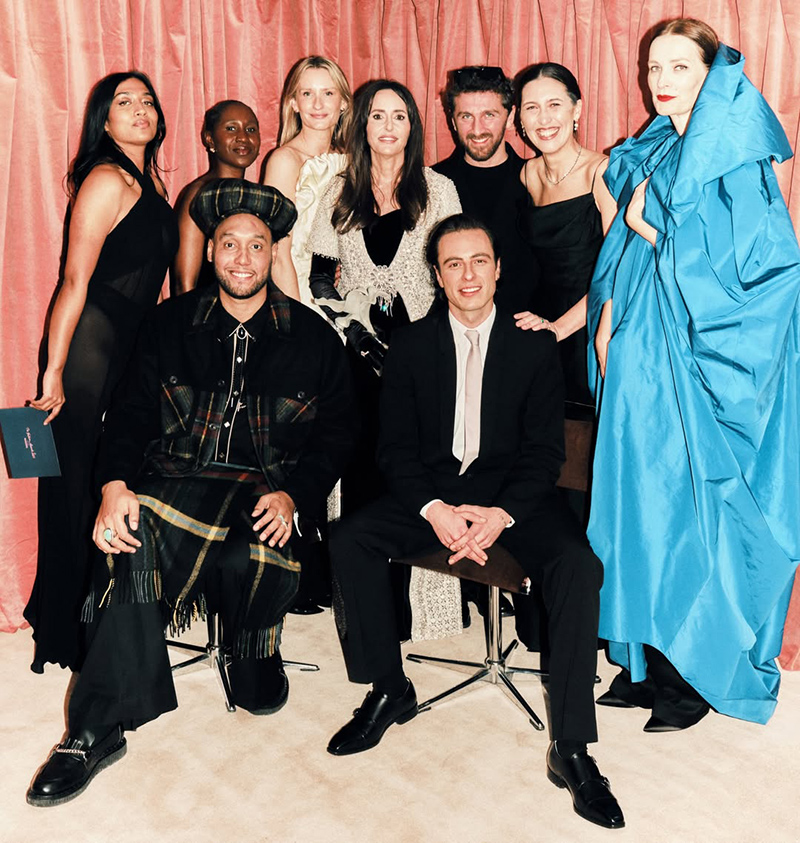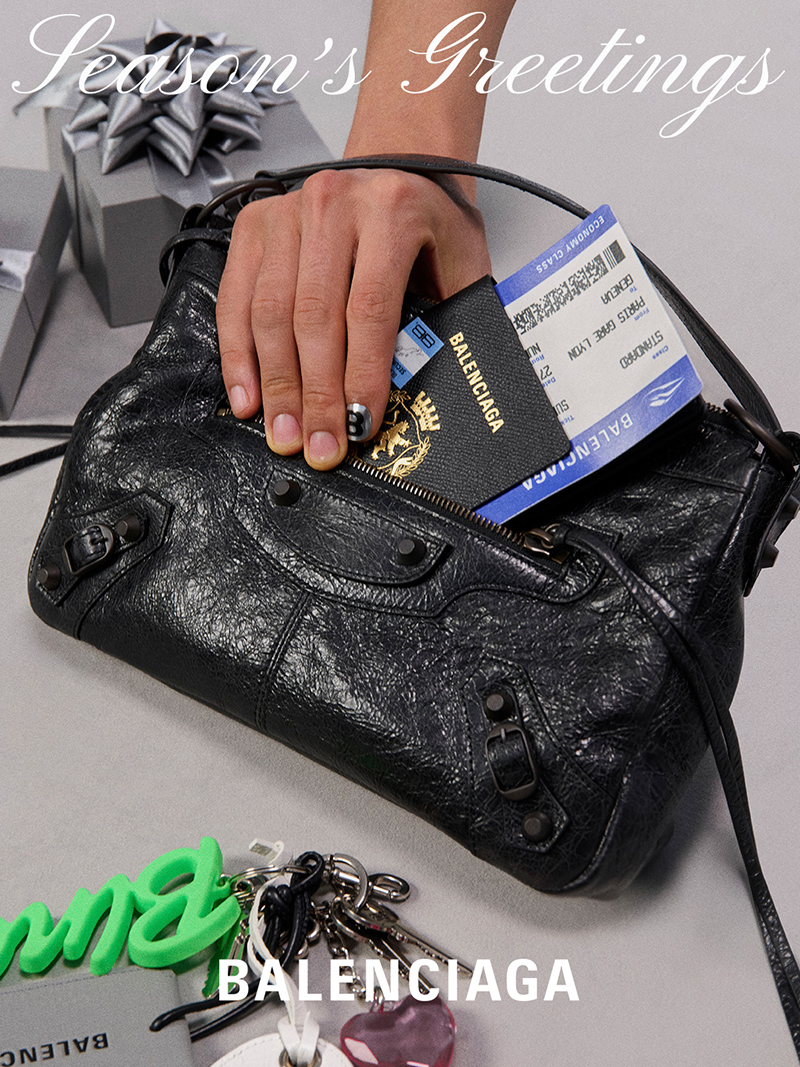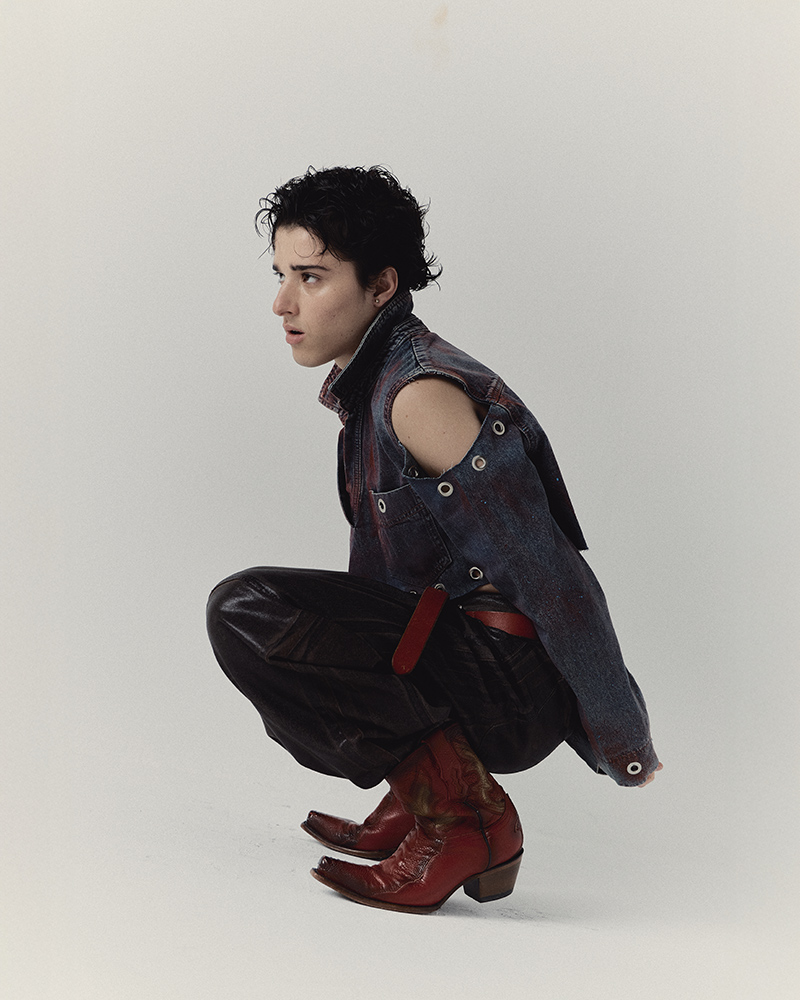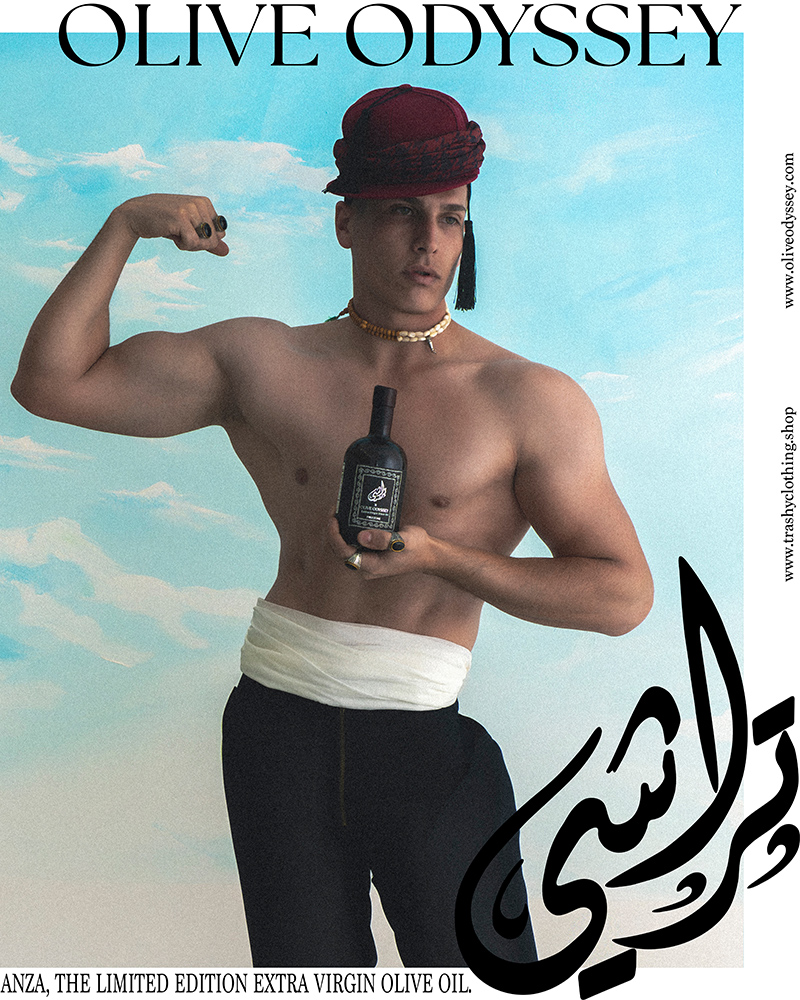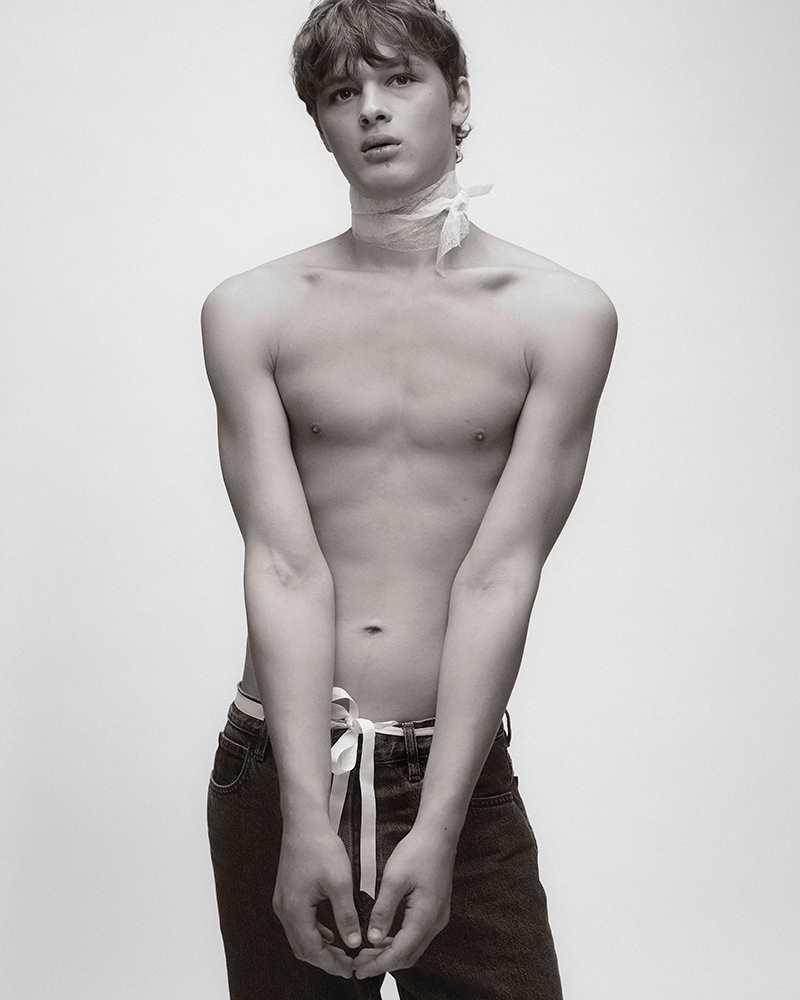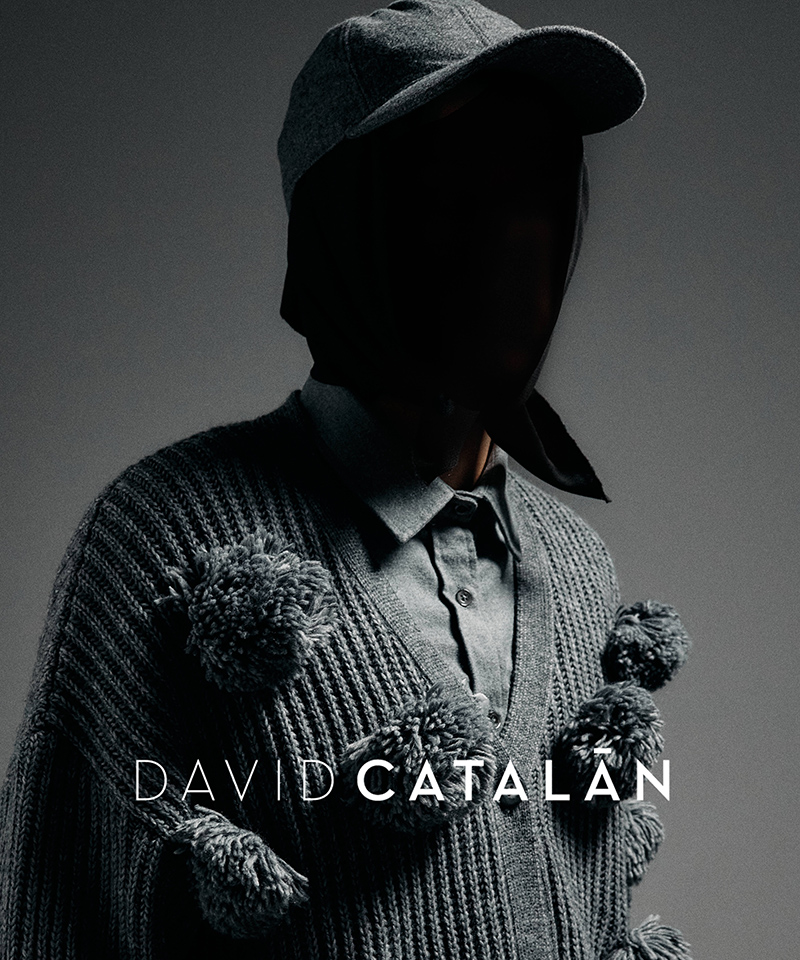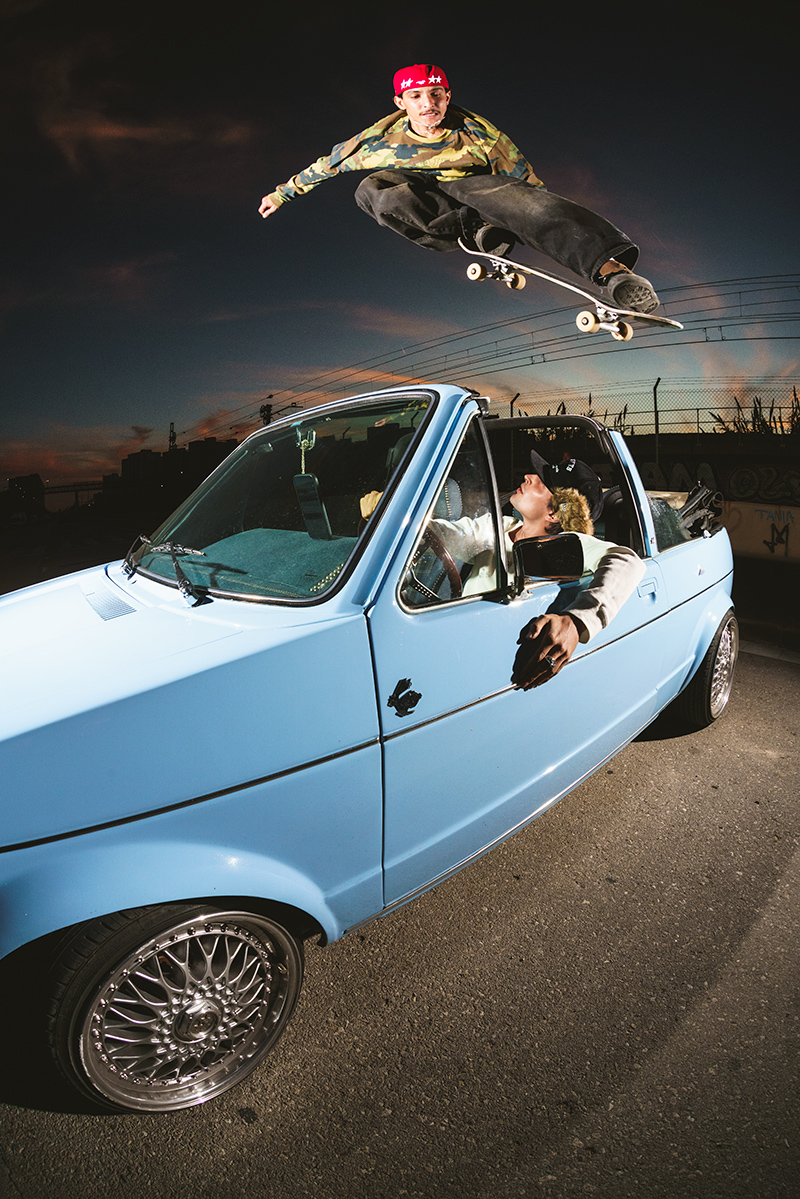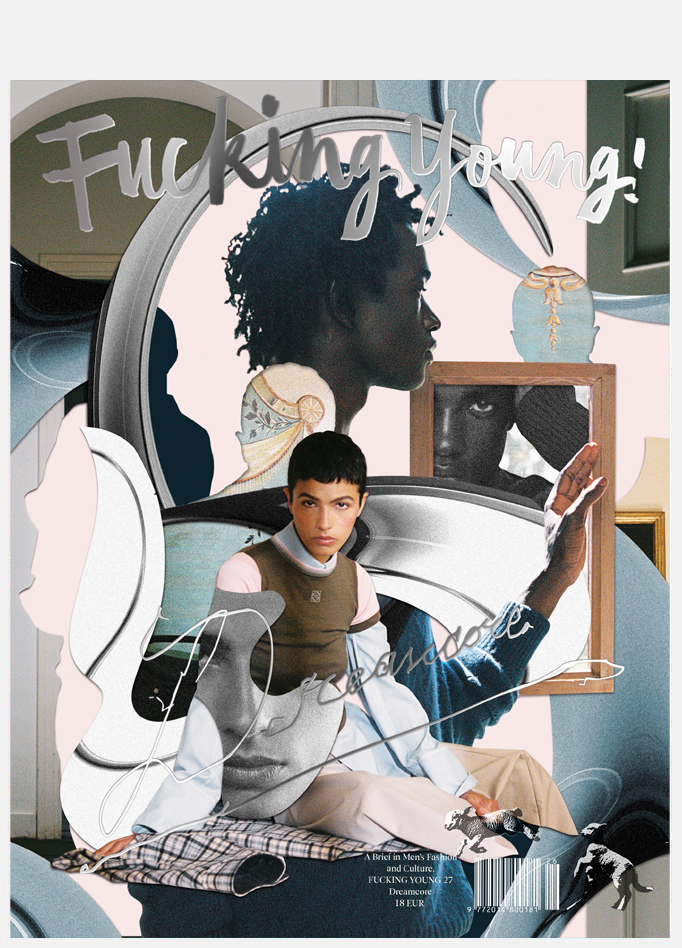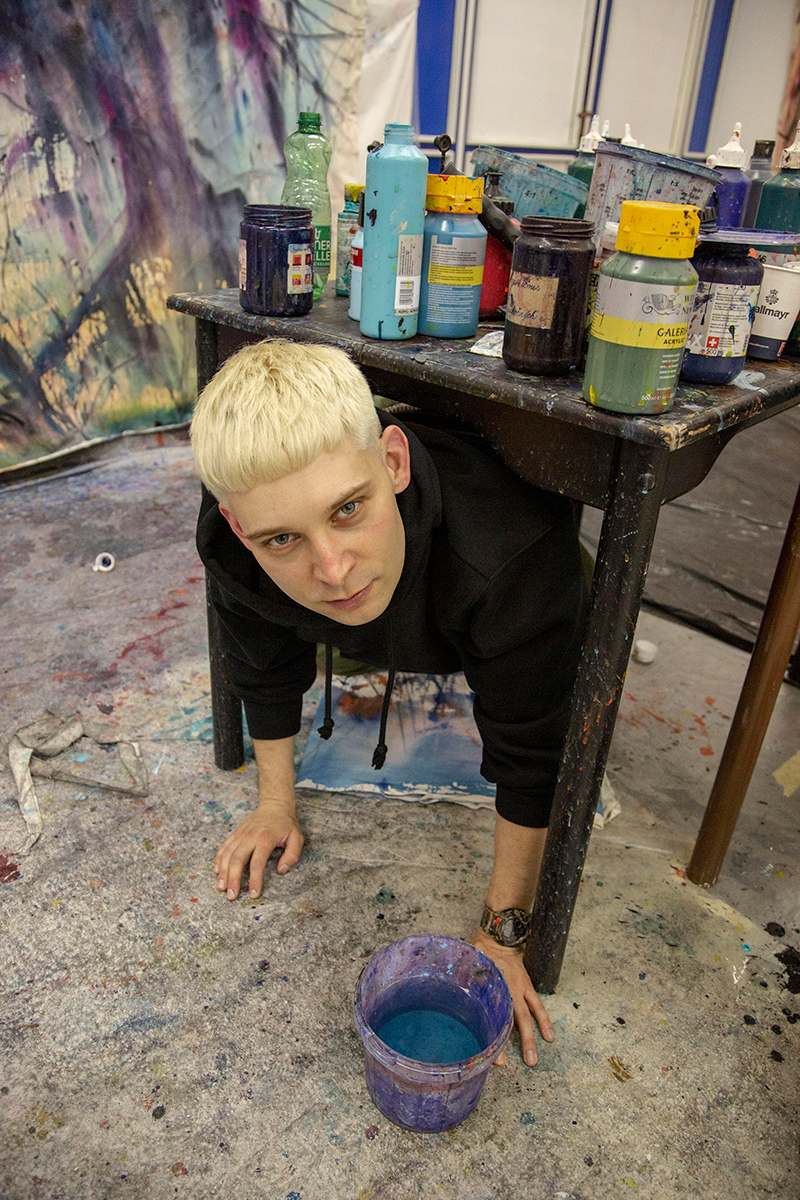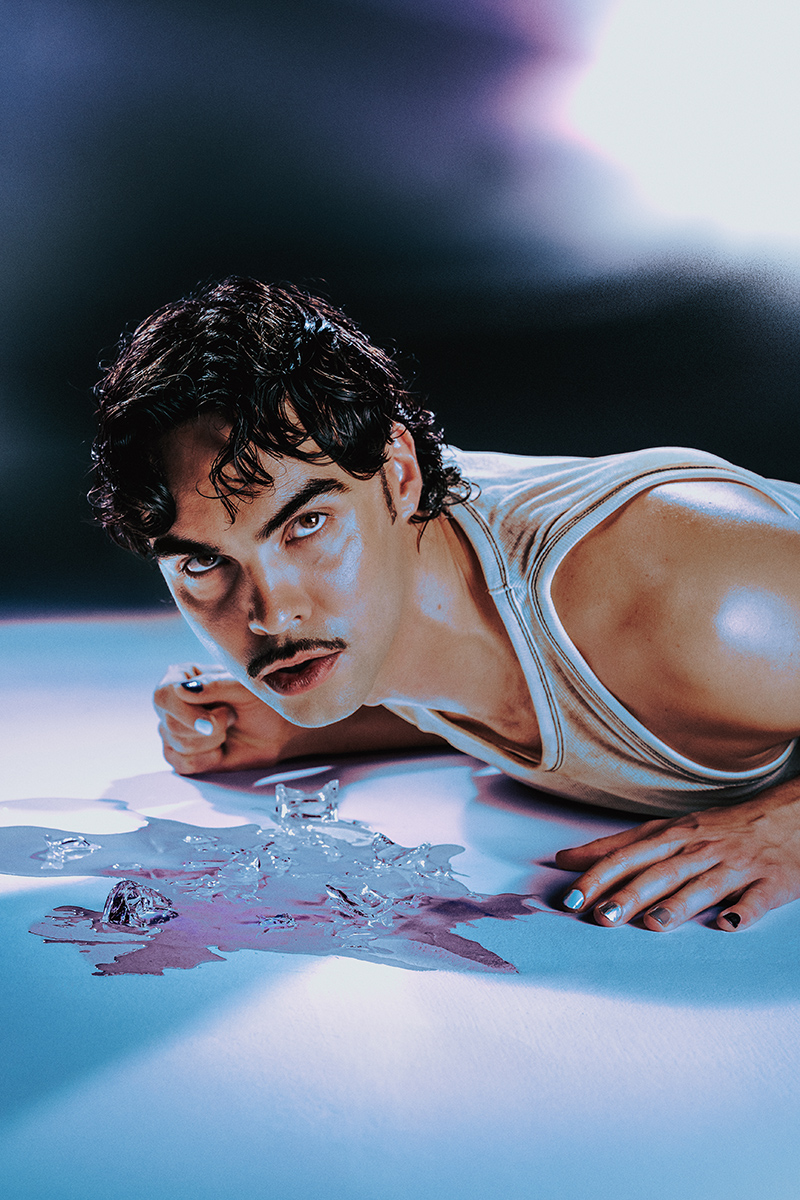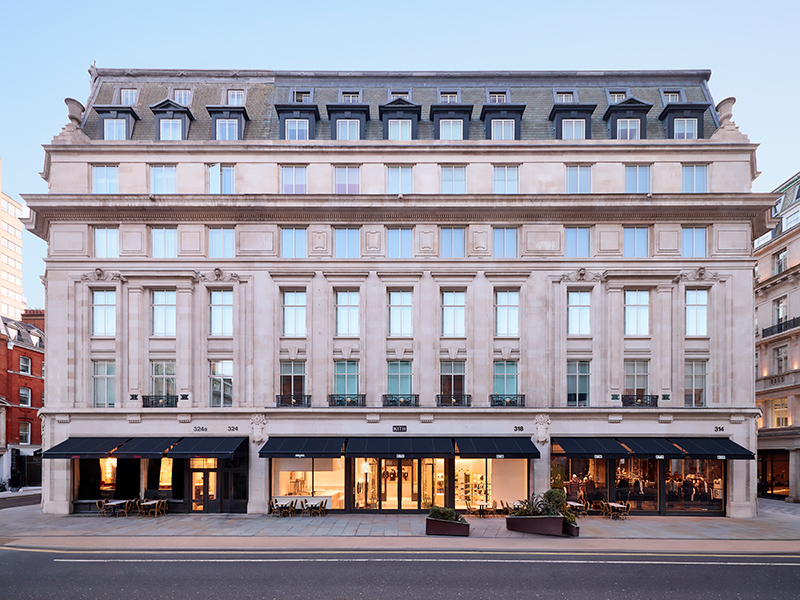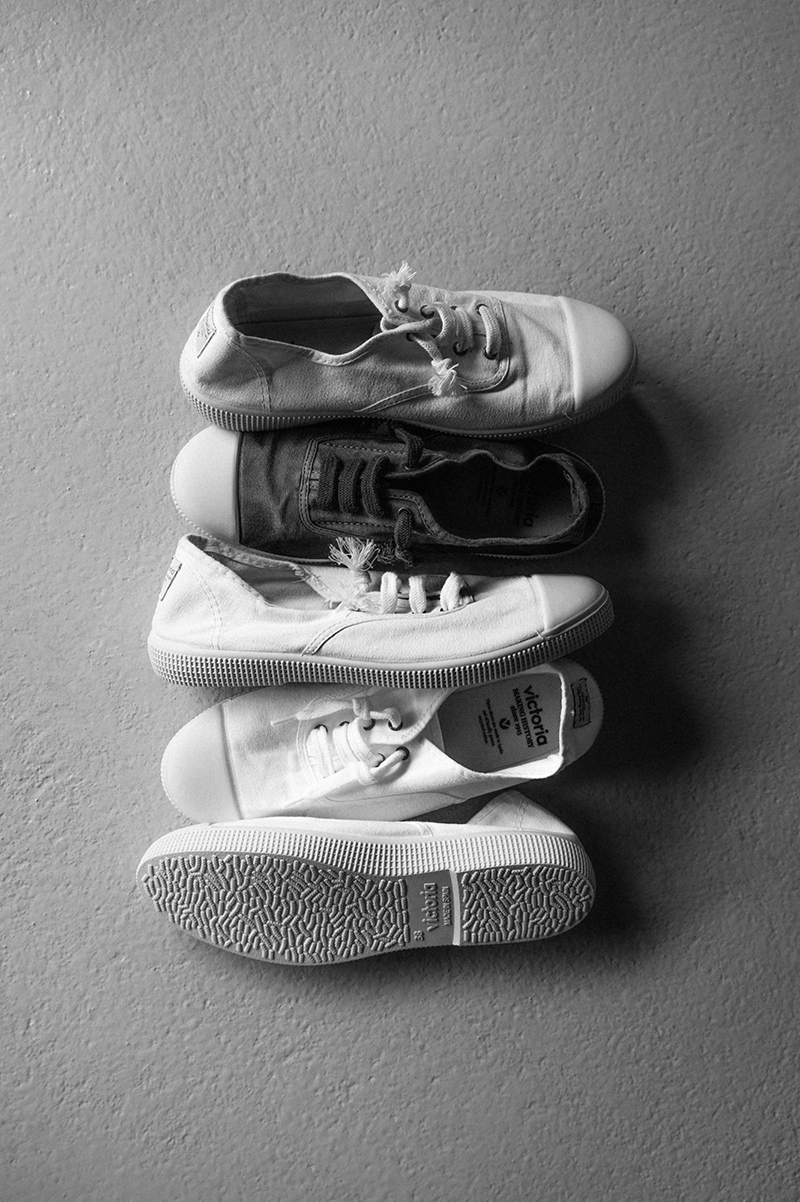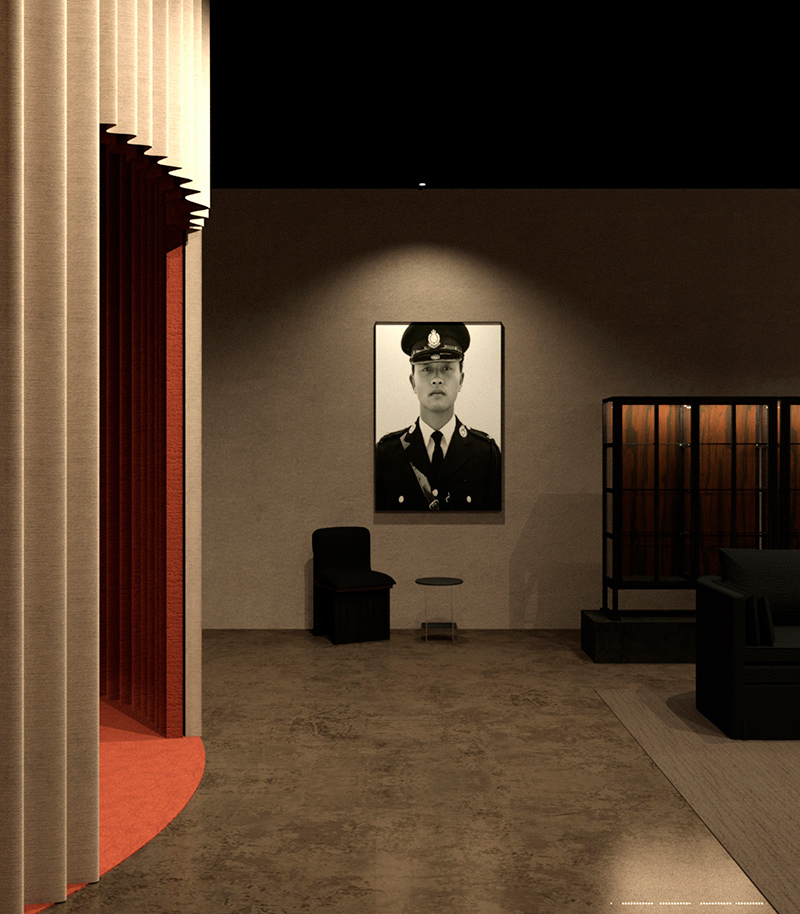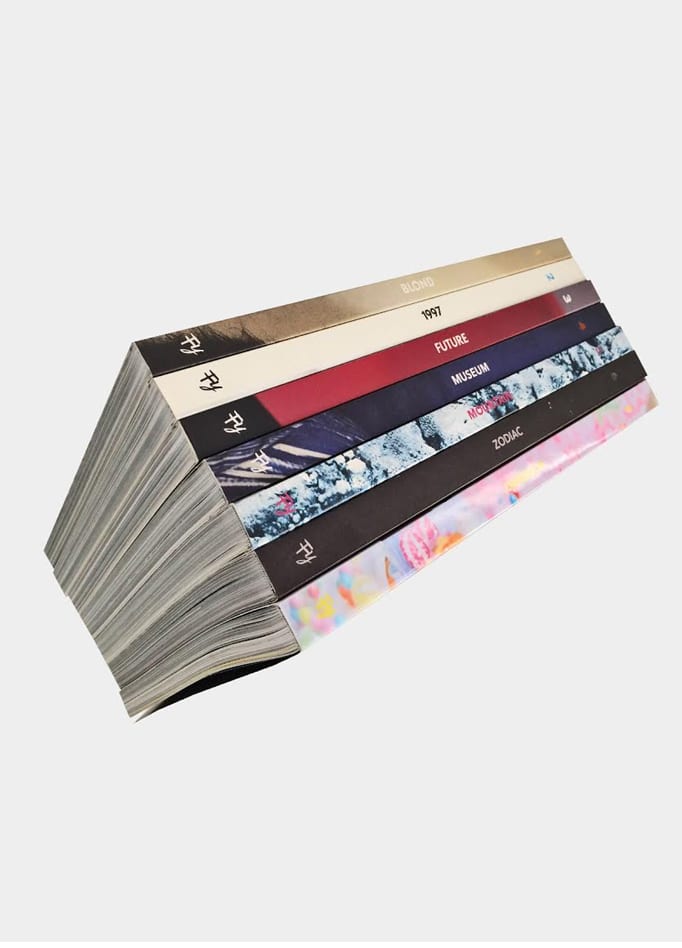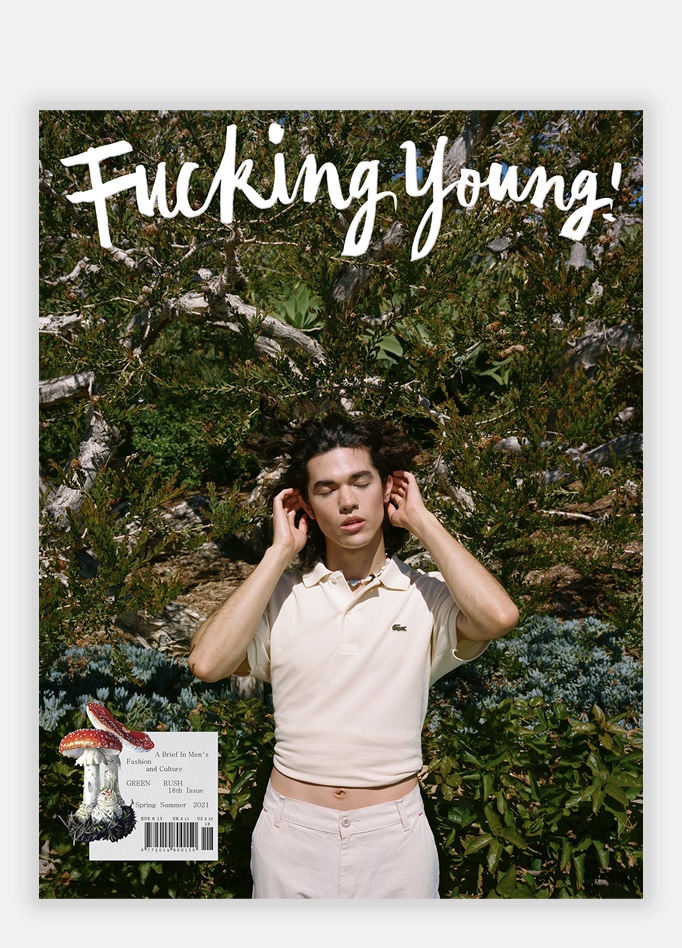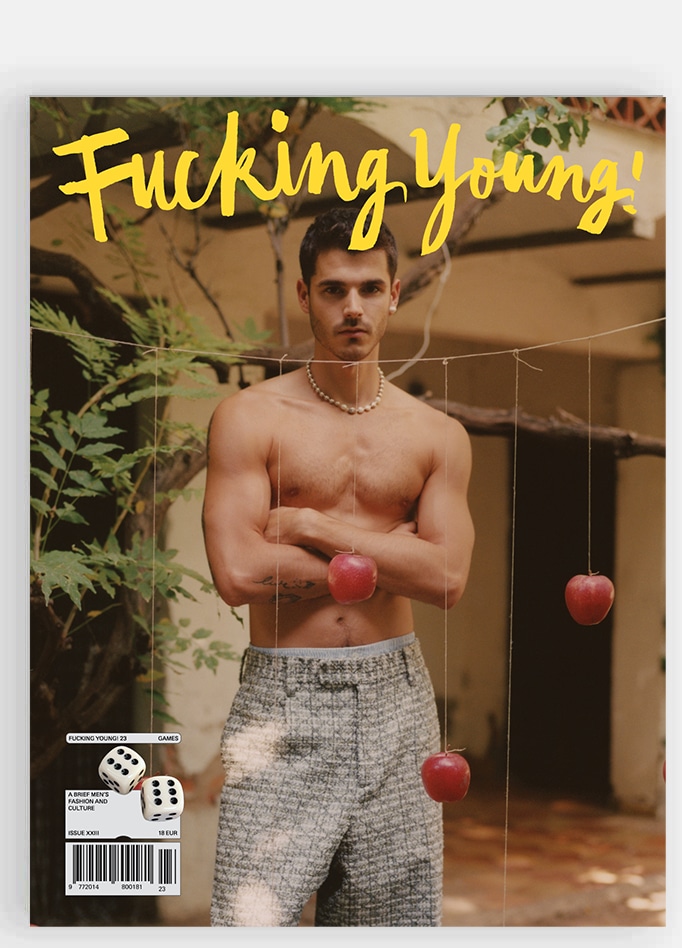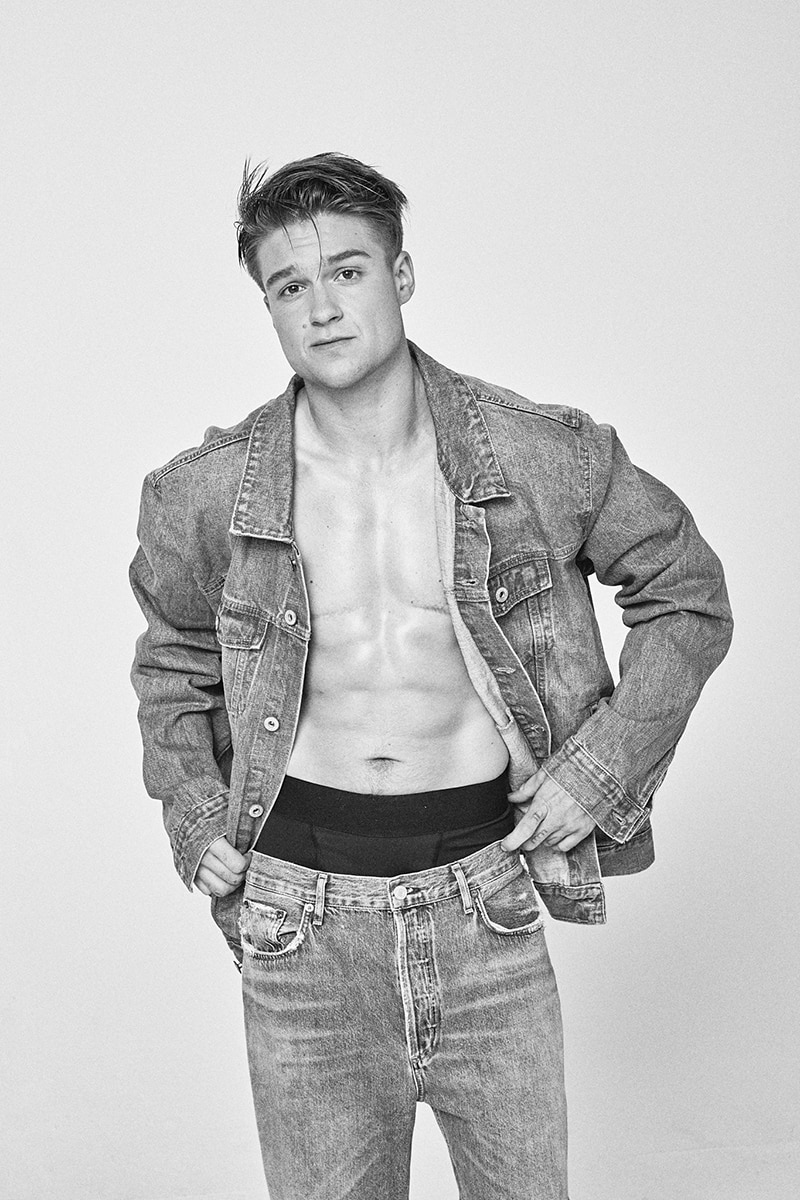
With a remarkable voice that challenges the status quo, Marval Rex is redefining cultural + transgender identities through the lens of comedy, performance, and thoughtful discourse.
Born to a Catalan mother in the United States, Marval Rex carries an intimate connection with his heritage. This profound identification can be felt in every part of his life story as a transgender artist and his work emerges from the complexities of his identity, offering audiences a brave and nuanced exploration of the intersections of masculinity and trans experience.
A true polymath, Marval Rex excels not only as an actor but also as a stand-up comedian, screenwriter, and professional astrologer. Each project he undertakes is woven with threads of achievement and innovation, reflecting his commitment to pushing boundaries while engaging with societal norms. His fearless spirit has garnered significant recognition, including the California Arts Council Emerging Artist Grant in 2021 Award and the West Hollywood Arts Grant in 2022. These honors attest to his significant impact within the vibrant arts community of Los Angeles, where he has made a distinct and lasting imprint.
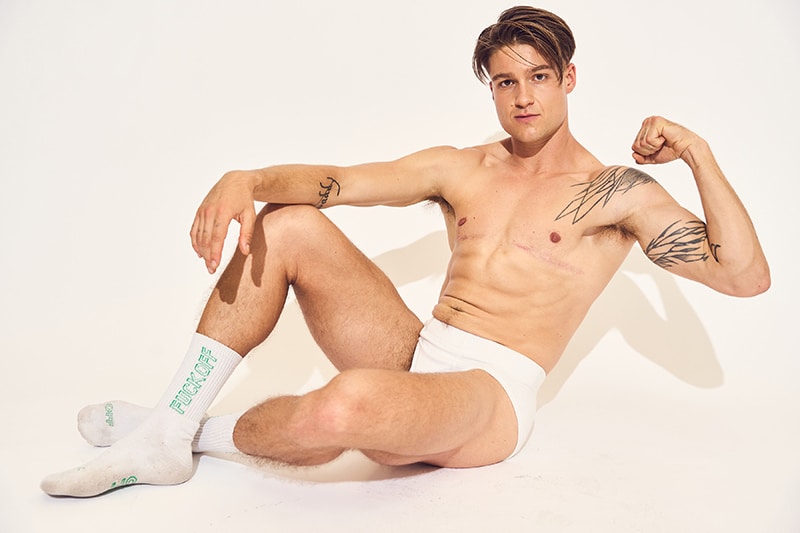
Marval Rex is perhaps best known for his bold and unapologetic comedic stylings, which culminate in his brainchild, Big Dad Energy—a groundbreaking comedy night devoted to elevating transmasculine voices within stand-up. Celebrated by outlets such as The LA Times and The Washington Post, Big Dad Energy not only entertains but also ignites critical conversations around representation and identity. Rex’s humor serves as a powerful vehicle for social critique, providing audiences with relatable insights into the complexities of the trans experience. Through laughter, he creates a space for understanding, dismantling stereotypes, and inviting empathy.
Beyond his impressive comedy career, Marval Rex’s talents extend to the screen, where he has made waves with compelling performances. His role in HBO Max’s Emmy-nominated series Book of Queer has resonated deeply with viewers, showcasing his dedication to bringing visibility and multi-dimensionality to trans narratives. Additionally, his recent appearance in the psychological thriller House of Abraham, directed by Lisa Belcher and featuring renowned horror veterans Lin Shaye and Natasha Henstridge, highlights Rex’s commitment to authentic storytelling—a powerful blend of genre cinema and heartfelt explorations of identity.
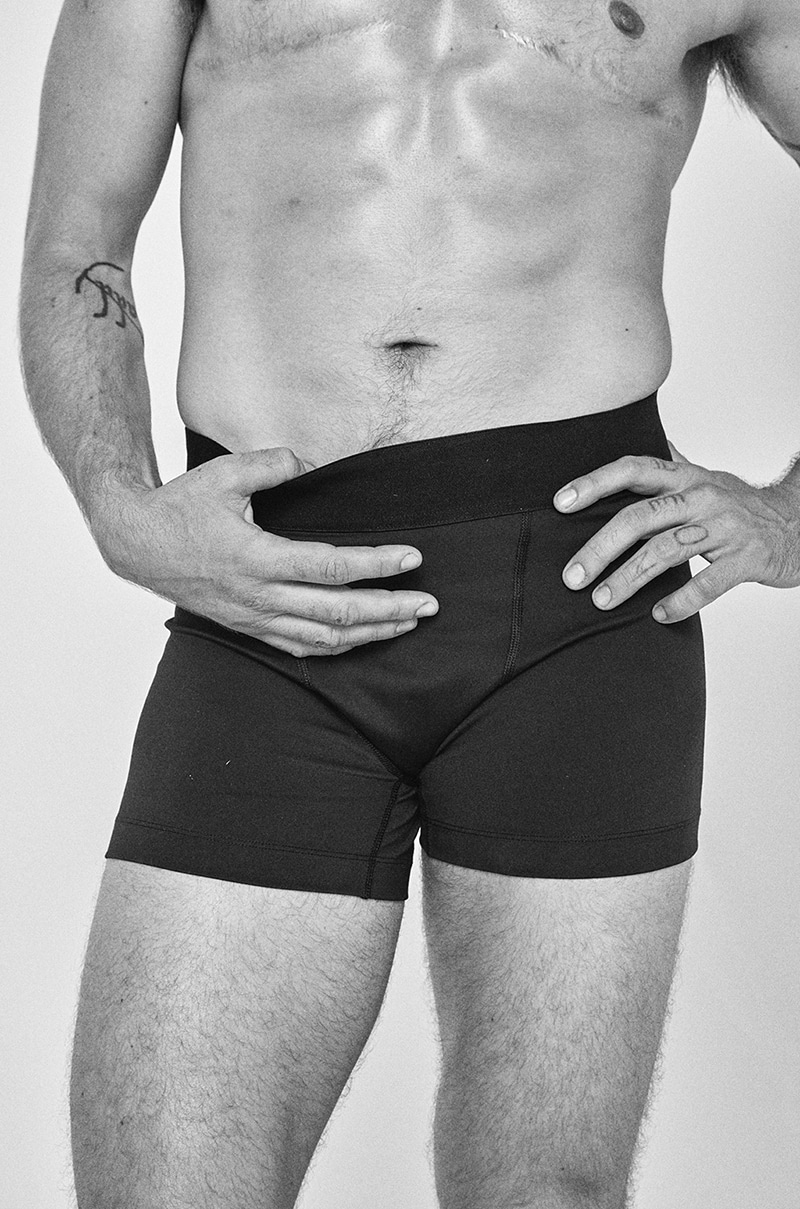
Rex’s ambitions don’t stop at acting; he is also an adept screenwriter and filmmaker. His first feature script, New Marilyn Club, has earned accolades on international stages, further illustrating his passion for innovative storytelling. With a keen understanding of genre, he embraces elements of horror and comedy as essential tools for delving into complex themes of identity and the human experience. Rex posits that horror and comedy share a unique ability to elicit visceral reactions, facilitating connections between audiences and characters. “A gasp or a laugh is a universal bodily reaction we cannot control,” he states. “It brings our bodies intimately into the world of the characters on screen. In this case, it’s my trans body.” Through this lens, he seeks to illuminate the vibrant complexity of his world, aiming not to instill fear but to celebrate the intricate beauty of identity.
Marval Rex’s talents extend into the world of astrology, where he blends spirituality with practical wisdom. After a decade of dedicated practice, he has cultivated a global clientele, offering personalized readings that navigate the cosmic intersections of identity and life experiences. His podcast, The World of Rex, boasts a growing audience across more than 52 countries, where he adeptly discusses astrology while exploring broader cultural themes.
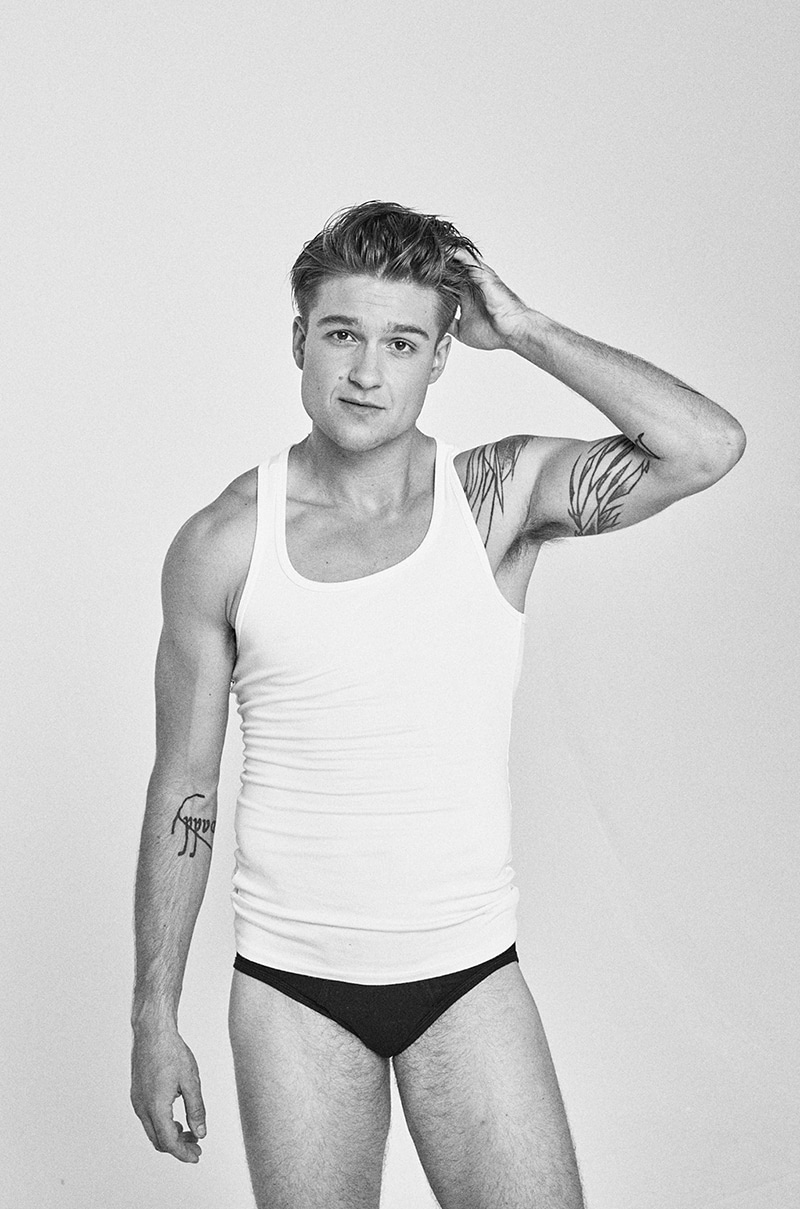
As we sit down with Marval Rex for an exclusive interview, we invite you to explore the significance of his upcoming projects and the profound resonance of his mission to utilize genre as a transformative tool for perceptions of trans identities. In Marval Rex’s world, every laugh, every moment of fear, and every burst of creativity invites us to embrace the beauty of our differences:
Marval, your career is marked by a remarkable diversity of artistic forms, from acting to comedy and visual arts. Can you start by sharing your creative evolution and the key experiences or influences that have driven you to embrace such a multifaceted artistic identity? How has your journey as a transmasculine artist informed the way you navigate these different mediums?
Yes, wow, I have undergone an immense series of evolutions in my creative practice since I began making performance art back in 2015-2016, and even going back further to when I was primarily a ceramicist and a painter. To put it succinctly, I look at my career as one large performance art piece, and with that in mind I find myself as sort of a “situationist”, as in: the situation that is calling me dictates my approach, my medium and my form. There is something very amphibious about me, and my career trajectory alludes to this. In a way, my artistic evolution mirrors the complex axis of my many, many identities. Interestingly, my initial path was in politics: I studied political science and critical race theory at university, thinking I was going to become a politician. I wanted to create change, and that change was rooted in my love for humanity, which can sound trite or banal but is very real for me as a person: I feel a deep love for other humans and am very interested in our species and its motivations as a whole. I felt creatively deprived by the linear path to becoming a politician and left that field to pursue fine art. Making art, whether it was drawing, painting or ceramics, woke up a very dormant energy inside of me. I liken this energy to that of a dragon, and once that dragon woke up, there was no going back. Working with clay, the plasticity and pliability of it, softened me to my own truth around how I understood my gender expression. Clay, the very material, helped me understand and FORGIVE myself for the years I spent abandoning my truth as an individual. I have said for almost a decade now that my artistic and even acting is a queer approach: it takes many forms, it is always changing and reinventing itself, and it doesn’t have any easy to discern legacy. I don’t have transmasculine elders who have shown me the ropes. In other words, I am carving this path, pursuing my dreams with no template, no road ahead of me other than the one I create. Which gives me a lot of freedom! To make up the rules, to show up and shake up an industry (Hollywood), and to, most importantly, have fun and make stellar art.
I will also say that being a trans man (who passes as a cis man) makes acting that much more fun. I really get to investigate the male psyche from this simultaneously immersive and detached space. I know, it sounds like a total paradox! But in this lifetime, I get the fabulous yet tricky honor of being both a man…and not a man…at the same time. I think of Schrödinger’s Cat. 😉
We’d love to hear about specific moments or turning points in your life when you realized the power of art as a platform for self-expression and activism. How does your identity shape the narratives and projects you choose to engage with?
Art is necessary in times of revolution. I didn’t totally realize this when I was first a fine artist because I was so obsessed with (and slightly possessed by) understanding who I was! I often felt, as a young artist, that I was both the doctor AND the emergency! I would begin artistic projects that introduced huge problems that I had to solve to get to the final result. And for this reason, artists are INCREDIBLE problem solvers. Because we willingly make problems for ourselves in the desire to manifest the beautiful, or what we feel is true. (And really, if we want to get philosophical here, I think truth is the definition of beauty.) And therefore, artists are primed to solve problems, including socio-political ones. And look, my trajectory may very well lead me back to politics (look at examples like Schwarzenegger or Zelensky), and yet I also know that me being on screens across the world can help familiarize folks with the trans experience or simply “knowing”, through film, a trans person.
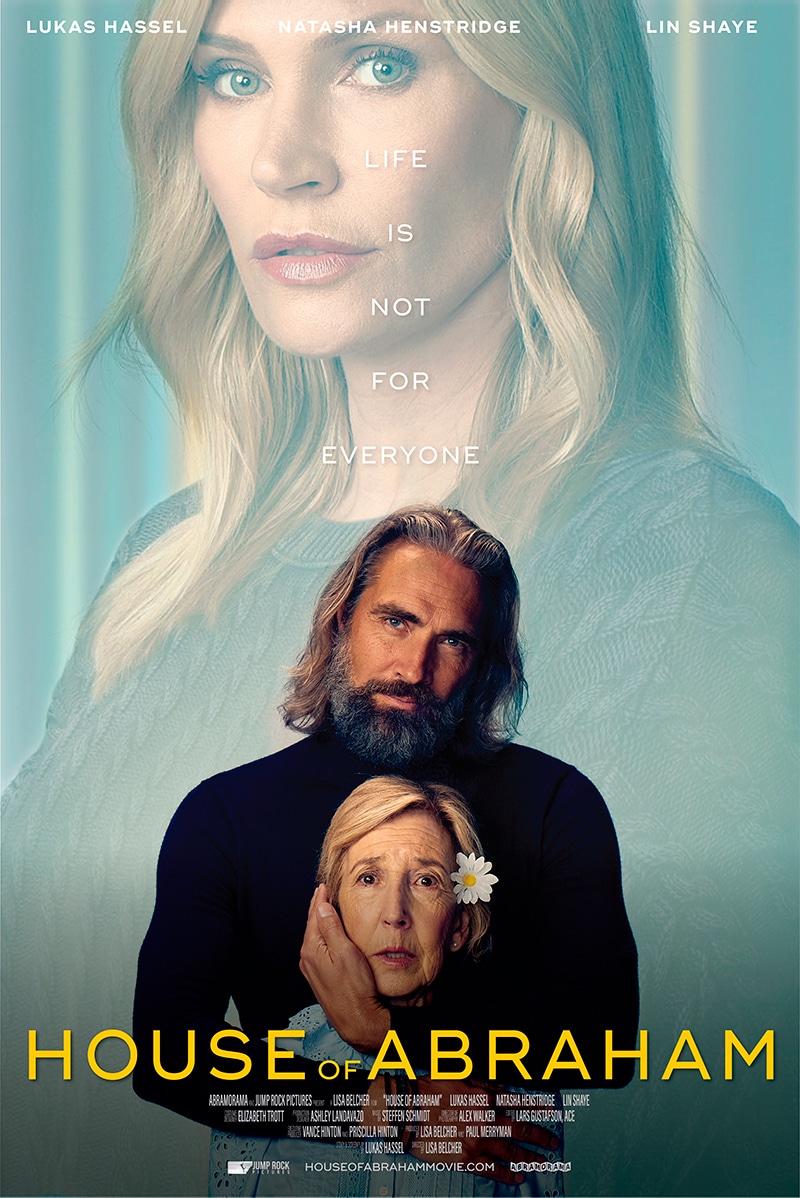
Your upcoming film House of Abraham delves into the realm of psychological horror while tackling profound themes of masculinity, trans identity, and existential fears. What was it that initially drew you to this genre, and how does it allow you to explore such intricate and often stigmatized subjects?
Horror found me! I have to be honest, I am so sensitive that I was never a big horror fan. But as an actor, I book horror films. It’s very funny because I have now acted in multiple horror films since I started my career in acting in 2020, and I have developed a deep respect for the genre. I now watch horror films with my partner, who loves them. I still sometimes have to look away!
What I will say about horror is that it really relates to the idea of the queer gothic, as presented by the writer and academic George Haggerty. The queer gothic talks about how monsters such as Frankenstein and Dracula, and classic horror tropes, can be allegories for trans and queer embodiment and experience. In the case of myself, I always related to the Phantom of the Opera, and Batman, as these shadowy figures who couldn’t quite reveal themselves, but who do love and want to be loved. In a way, horror has been queer from the very beginning, because it speaks of the taboo and the liminal in such visceral and raw ways.
I also love horror as a genre because SO many people watch horror. It is all kinds of folks, even rural Americans who don’t know a trans person watch horror! And they are a loyal fanbase. So I love knowing that my performance in House of Abraham, my character, will be consumed by so many people who have never seen someone like me before. That’s a miracle. That’s activism.
Can you discuss how the eerie aesthetics and tropes of horror serve to amplify your commentary on identity and societal perceptions, and perhaps share any particular scenes that resonate deeply with you?
Yes, to put it simply, humans are afraid of things they don’t understand and I think when horror is used effectively it can act as a conduit or a container to help us process our existential fears. Horror can bring hidden archetypes of our collective unconscious and collective shadow (to use some Jungian terms) and bring them to the light! Which transforms our relationship to what we previously couldn’t quite see and therefore were scared of. Often, knowledge is the salve to fear. Horror storytelling can facilitate this knowledge.
A scene that sticks out from the movie, without revealing too much, is a scene where my character is witnessing another man drown in this very violent but ritualistic way. My character, Alex, gets into the water to witness the man drown, to see the death up close. And it was SUCH an intense scene to shoot for so many reasons, including just being in water for a whole day, but there was something particularly intense about witnessing the grief that men hold, the way that so many men (at least here in America) feel like they are drowning in their grief and their hidden anxieties… that really shook me as an actor.
You’ve spoken about your desire to use genre, especially horror, to make trans experiences relatable and accessible. In your opinion, what is the significance of intertwining entertainment with representation, and how do you strive to maintain this balance in your work?
This is a tricky question with an even trickier answer. Because as trans folks, we have seen the way that representation has both empowered us and hurt us simultaneously. I transitioned my gender before Transparent came out on Amazon and took the world by storm with its trans main character, Moira. And before Transparent, that was a time where no one was really thinking about trans people in public discourse at all. Then we entered the spotlight, and transphobic hate crimes soar, anti-trans legislation soars. Visibility is a double edged sword. And I am learning to balance that sword on my nose, without cutting my face (it is the money maker after all). Even today, we see the fallout from Emilia Pérez… yeah, it isn’t easy or straightforward at this moment in history to be a trans artist in the spotlight. And horror is a particularly hard place to navigate all this in, because the danger is that people end up seeing trans people as “monsters”. But what has been so interesting about my experience playing multiple characters now in several horror films, is that I as a performer really humanize the character I play and, especially in House of Abraham, I have a character arc that is completely unexpected and flips the script of most queer representation in horror. The only other example I can think of that comes close to what my character does in HoA is the performance from Hunter Schafer in the 2024 horror film Cuckoo. This kind of representation, of trans characters having epic characters arc in horror, is COMPLETELY NEW. Note that Cuckoo came out only last year. What Hunter and I are doing is putting ourselves into these stories where our lives are very much threatened and… well I won’t spoil either movie…but we really show the audience what it means to be resilient, crafty, and utterly brave in the face of a world that wants you gone. And here is the thing, I think most people root for the underdog. And I certainly relate to being the underdog.
In House of Abraham, my character is written as trans. So I am playing a character from my lived experience. But I have a horror film coming out next year (Unsavory Elements) where I play a non-trans man. Like a real dude, a man’s man. And so one way I am doing activism is by playing non-trans characters and showing audiences that I am just like any other guy, which is humanizing. And in HoA, I am showing horror fans that trans people exist and the audience gets a peek into my inner world as a trans character…only to realize it isn’t so different from their inner world. I have a line in the film where I say something along the lines of, “Well, turns out, depression wasn’t solved by my gender transition”. And what my character is referencing is that everyone experiences depression and trans people do too, sometimes in the same exact ways that non-trans people do. In other words, trans people are people, just like everyone else.
Your comedy night, Big Dad Energy, has gained a reputation for fostering an inclusive and supportive environment for performers and audiences alike. Can you explain the vision behind this platform and how it serves to promote trans voices in the comedy landscape?
Big Dad Energy came to me because I was awarded an arts grant by the city of West Hollywood, CA for my fine artwork and, because I am a trickster situationist, the situation that was calling me was… drumroll… standup comedy! I pitched a comedy show of all transmasculine comics to the WeHo arts council, instead of what I was doing before which was largely fine art curatorial work. I pitched BDE because I realized that lots of people do not know that trans men even exist and if they did they assume that we are very depressed people who are like Brandon Teena as made famous by the movie Boys Don’t Cry. But what I know, being Catalan from Catalunya, is that historically oppressed peoples develop a wicked sense of humor in order to survive. So comedy is a brilliant survival mechanism in my opinion and it is also a way to bring people in on the joke and connect people through laughter, similar to the way that horror can connect people through the act of facing our fears together and coming out on the other side alive (hopefully). Big Dad Energy has always been about uplifting underrepresented transmasculine voices and showing my fellow trans brothers that what they have to share is not only funny but extremely poignant. I firmly believe that comedy is the revolution. Because if you can’t laugh at yourself, you can’t let anybody in. And us trans people: we need to let you in because we NEED you, our allies, in order to survive. And one simple way we can let you in is to invite you to the table to laugh with us. The exciting news is that we are filming a televised comedy special with a very well-known US production company! I cannot say more at this time, but just know that Big Dad Energy will be coming to screens near you in the future. Woo hoo!
What insights have you gained about the importance of community and shared experiences in the realm of comedy, particularly for those from marginalized backgrounds? Can you share memorable moments from the shows that reflect this ethos?
Community is everything. Especially when you’re living in a body that the world often tries to edit, legislate, or just plain ignore. Trans people need each other too, especially because we really don’t have too many roadmaps for how to live our lives in an empowered way. Now, community takes work, and patience. But it is the ultimate reward.
Comedy is fascinating because it creates a loophole –a portal, really –where you can bypass the heaviness and meet people heart to heart. I think about a moment at Big Dad Energy where one of the comics talked about his tactics for how to disclose your transness to people on dating apps, and also just like the crazy things people say to trans people on the dating/hookup apps. He read a few of the conversations and they were hilarious…but it was also ILLUMINATING and I remember the guys in the green room afterward talking about their dating app stories and I learned a lot. Comedy is educational too, and it really does help bring people together.
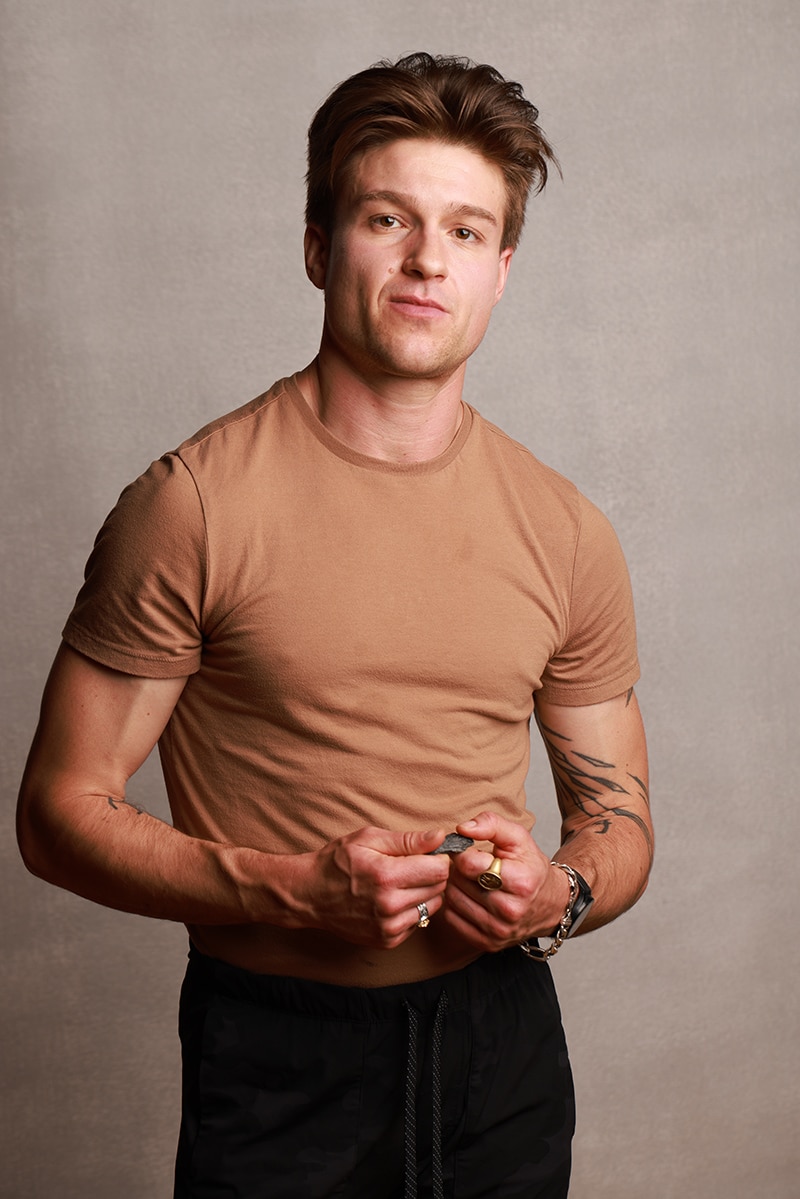
In your stand-up performances, how do you navigate the integration of your personal experiences as a transmasculine individual into your comedic material while ensuring it resonates with a wide array of audiences?
I think about specificity as the key to universality. Weird, right? But it’s true. The more specific I am about my experience, the more people recognize the feeling behind it, even if they’ve never lived it. Everyone knows what it’s like to feel out of place, to want acceptance, to misread a social cue and think about it for the next seven years. My transness becomes a lens through which I observe the absurdity of being human—not a velvet rope separating me from the audience. Also, let’s be real: non trans men love a good dad joke. I’m just giving the people what they want.
As an interdisciplinary artist who navigates various mediums, can you elaborate on how your visual art and performance work intersect? What themes tend to recur across your different projects, and how do you find inspiration in each creative outlet?
I think of my visual art and my performance work as two branches from the same root system: trying to understand why it feels so strange to be alive. I’m obsessed with transformation –whether it’s clay becoming a vessel, a body becoming a truer version of itself, or a bad date becoming a standup bit. Across everything I make, there’s a fascination with identity, liminality, and the body as both a canvas and a battleground. Inspiration hits me sideways, situationally –sometimes it’s a political moment, sometimes it’s a weird dream about a talking octopus. You have to stay open to the absurd and the profound. They’re usually holding hands anyway.
Your work often grapples with existential fears and the quest for human connection. Why do you believe these themes resonate universally, and how do you hope your artistic contributions spark conversations around these important subjects?
Because everyone, no matter how curated their Instagram feed is, wakes up at 3AM sometimes wondering if they are truly known, truly loved, and if anything they’re doing actually matters. I just say the quiet parts out loud. I think my work resonates because it acknowledges that existential fear isn’t a glitch –it’s a feature of being conscious. And if I can hold up a mirror that says, “Hey, you’re not crazy for feeling lost sometimes”, maybe we can all move a little closer together. Art can’t fix loneliness, but it can build a lighthouse in the fog.
And I feel, as someone speaking from a transmasculine lived experience, that part of my duty in this lifetime is to help men. Because I am both one of them, and also separate from them. At the same time. This experience of being here and there simultaneously gives me a perspective that I know intuitively can help men because it comes from a place of deep compassion and wisdom. I see the role I play as a storyteller as part of this journey towards healing for all men who feel insecure, not enough, anxious and stuck in their own grief. Seeing it on screen can inspire and awaken a person to step on their healing journey. That’s the power of story and of film. We are awakened, sometimes abruptly, to other worlds through storytelling. And in those novel worlds, we can become anew, we can change and transform.
Surfing is an integral part of your life and creative process. How does your love for nature and the ocean inspire your artistry and inform the themes you explore in your work? Can you reflect on how the lessons learned through your surfing experiences—such as resilience, flow, and connection to nature—translate into your artistic endeavors and your overall outlook on life?
Surfing taught me that you can do everything “right” and still get absolutely demolished by a rogue wave – and that’s not failure, that’s life. It’s about humility, patience, and paying attention to forces bigger than yourself. When I’m stuck creatively, I remember that not every wave is meant to be ridden. Some you let pass. Some you wipe out on, and you come up sputtering and laughing with kelp in your hair. The ocean reminds me that I’m part of something vast and ancient and unknowable and feminine – and somehow, that’s comforting. Art and acting is the same way: you just show up, paddle out, and see what the sea gives back to you.
As a trailblazer for future trans artists, what advice would you give to emerging creatives who are seeking to express their identities within a still-challenging and often unwelcoming industry? What key elements do you believe are essential for their success, and how can they empower their narratives while remaining true to themselves amidst societal pressures?
First: find your people. They’re out there, I promise. Second: protect your weirdness like it’s a sacred relic, because it is. Don’t let the industry convince you that you need to sand down your edges to be “marketable” – those edges are the reason people will love you. Third: rest is resistance. The industry will try to grind you down. Don’t let it. Build your creative practice around your joy, not just your pain. And lastly, remember that your mere existence as an artist is an act of defiance and hope. That’s badass. Own it.
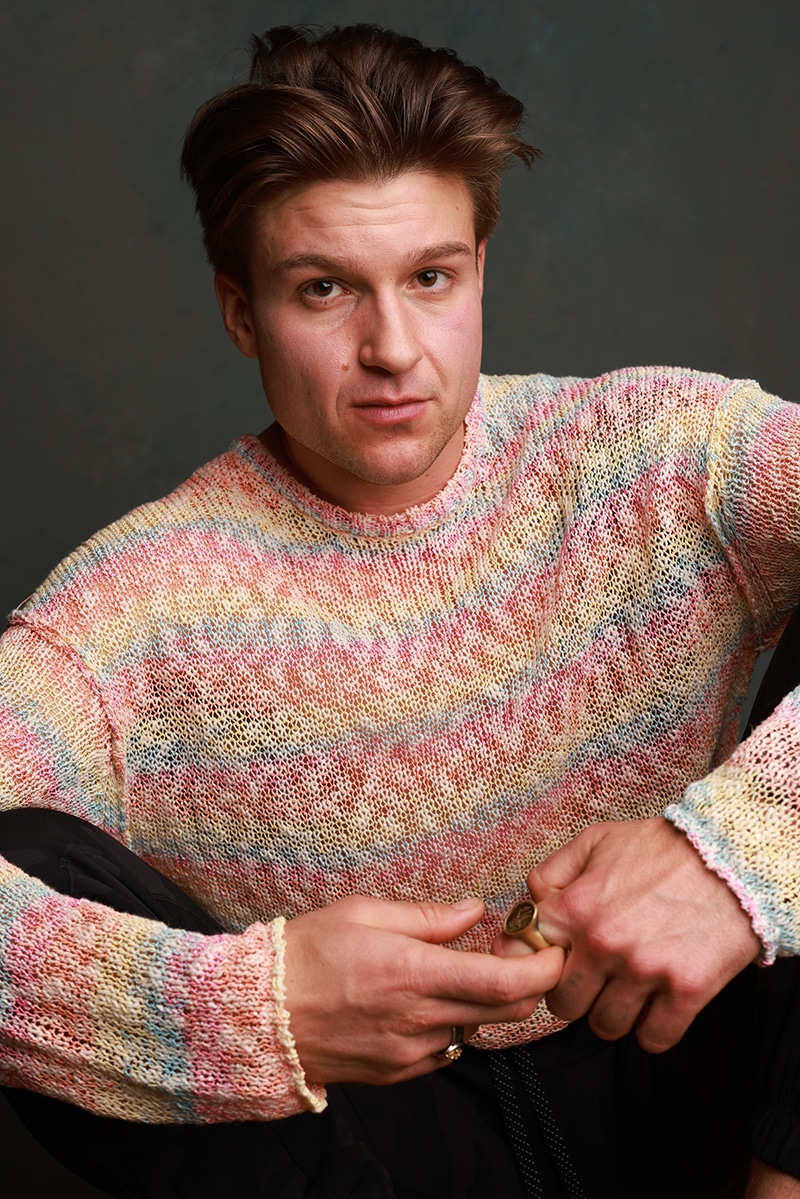
Looking at the broader landscape of media representation, what changes do you aspire to see in the portrayal of trans identities, especially in genres like comedy and horror? How can creators and audiences collaborate to challenge traditional narratives and advocate for more authentic representations that encompass the full spectrum of trans experiences?
I want trans characters who are messy, funny, petty, brilliant, terrible at texting back. I want us to be villains, heroes, sidekicks, weird neighbors with five cats. I want trans people to have the full range of humanity on screen, not just martyrdom and tragedy. (No offense to martyrs; they had a good run.) Creators need to stop treating trans characters like Very Special Episodes and start writing us like…people. Audiences can help by showing up for trans-centered stories without demanding we educate them the whole time. Empathy happens when you live with a character, not when you’re handed a pamphlet about them. Let’s move past “representation” into full, unapologetic integration. C’mon, life is short!
As you contemplate your future trajectory in the arts, what are your aspirations, and what projects or themes are you excited to explore next? How do you envision your artistic journey progressing, and what legacy do you hope to leave in the ongoing discourse surrounding trans identities and representation?
It’s funny because I look uncannily like Jason Bateman…and because the universe loves to play jokes on us humans, especially us comedians, I also really relate to him on a deep level as an artist and creator. He acted and directed in Ozark, which is truly a fabulous TV series and I am picky with TV. It is a masterwork. And so, I’ve always known what I’ve wanted to do but Jason showed me that it could be done: I want to direct and act in a series where I have a heavy hand in the creative, aka the “world building”. I have always wanted to build worlds on this scale, the scale of film. I want to make the kind of films and television shows that leave people sitting in their cars afterward, unable to drive away because they’re still processing what they just saw. I’m excited to explore themes of resilience, chosen family, ecological grief, and the absurd comedy of survival. And yes, I want to be in the films too…because what can I say, after spending 25 years not feeling seen, I want to be on screen!
As for my legacy, I intend to leave behind a body of work that cracks something open for the people who need it the most. I hope I help all kinds of humans feel seen and that this recognition helps them along their journey of personal fulfillment. I hope I made the world just a little bit weirder and a little bit braver. And I hope I made somebody laugh. Oh wait, I already did that. But I’ll keep going, because only for a comedian does it feel good to get laughed at.
A note to your future self.
Look at what you did! You said you would, and WOWZA, God took your hand and upped the ante tenfold and you bluffed and you still won! Now, let’s share the pot with everyone. 😉
